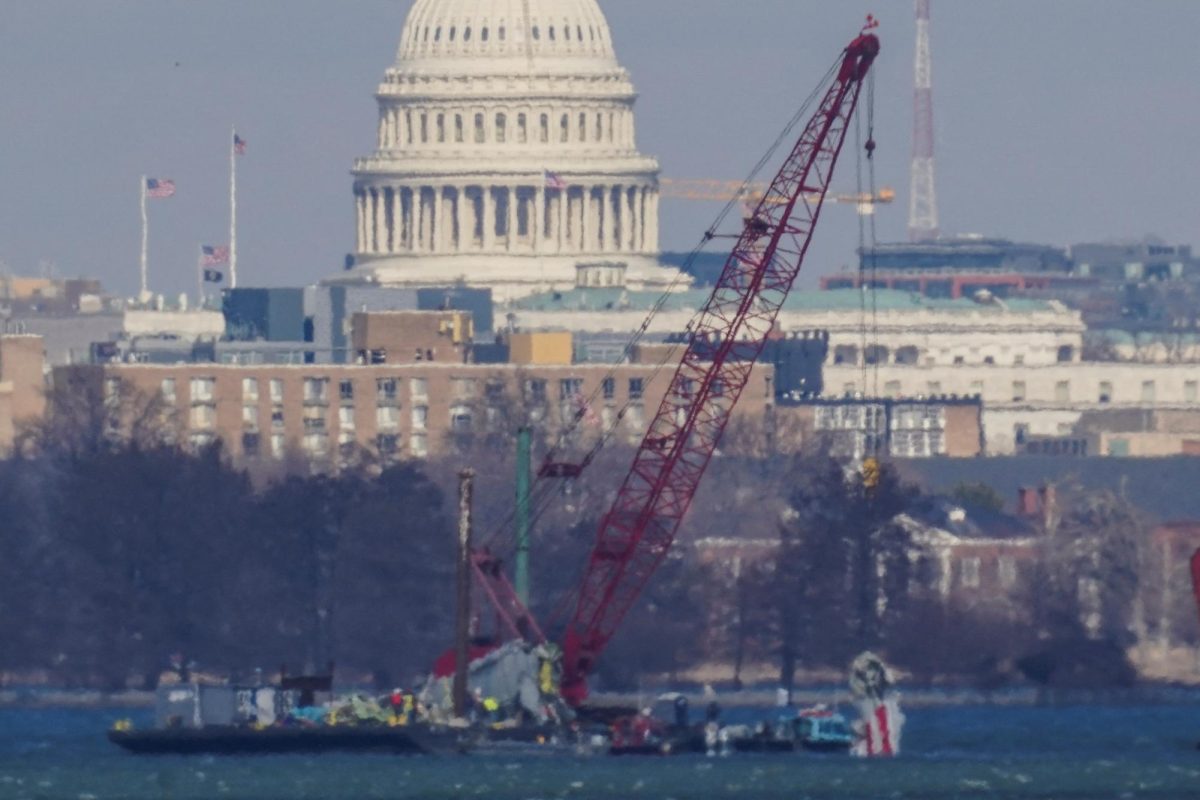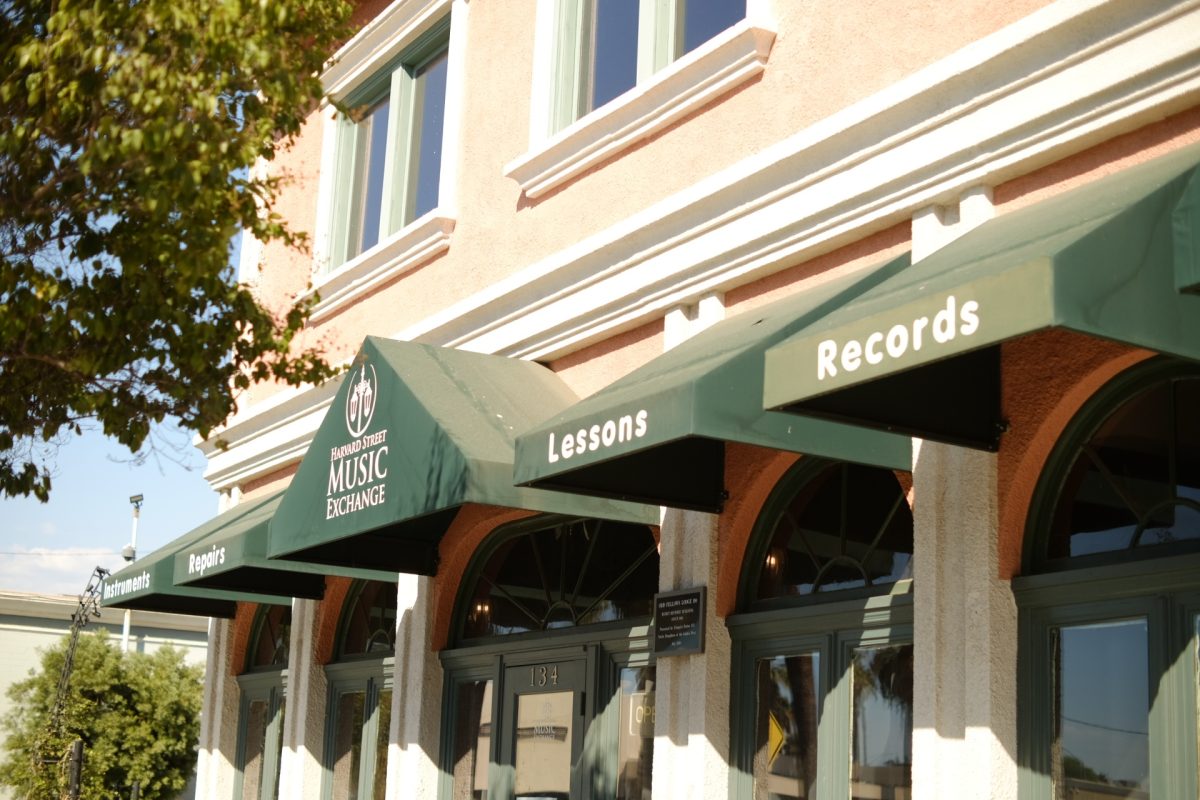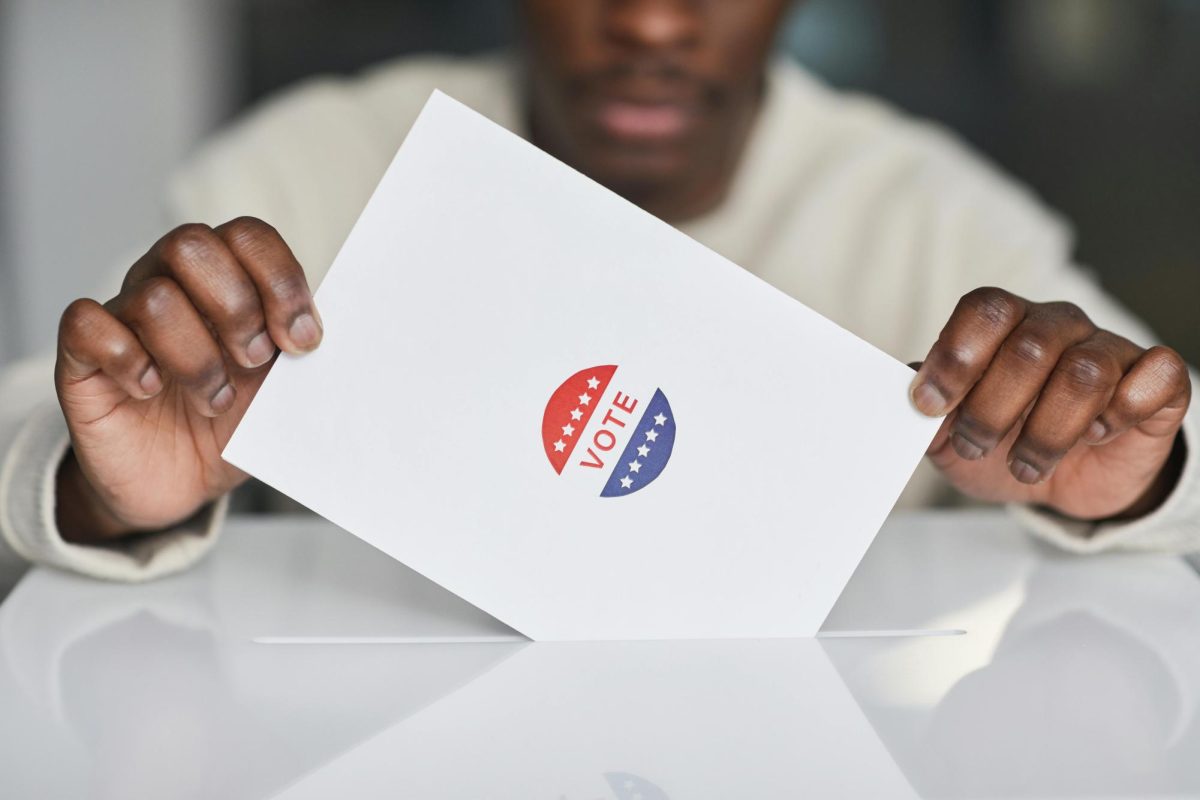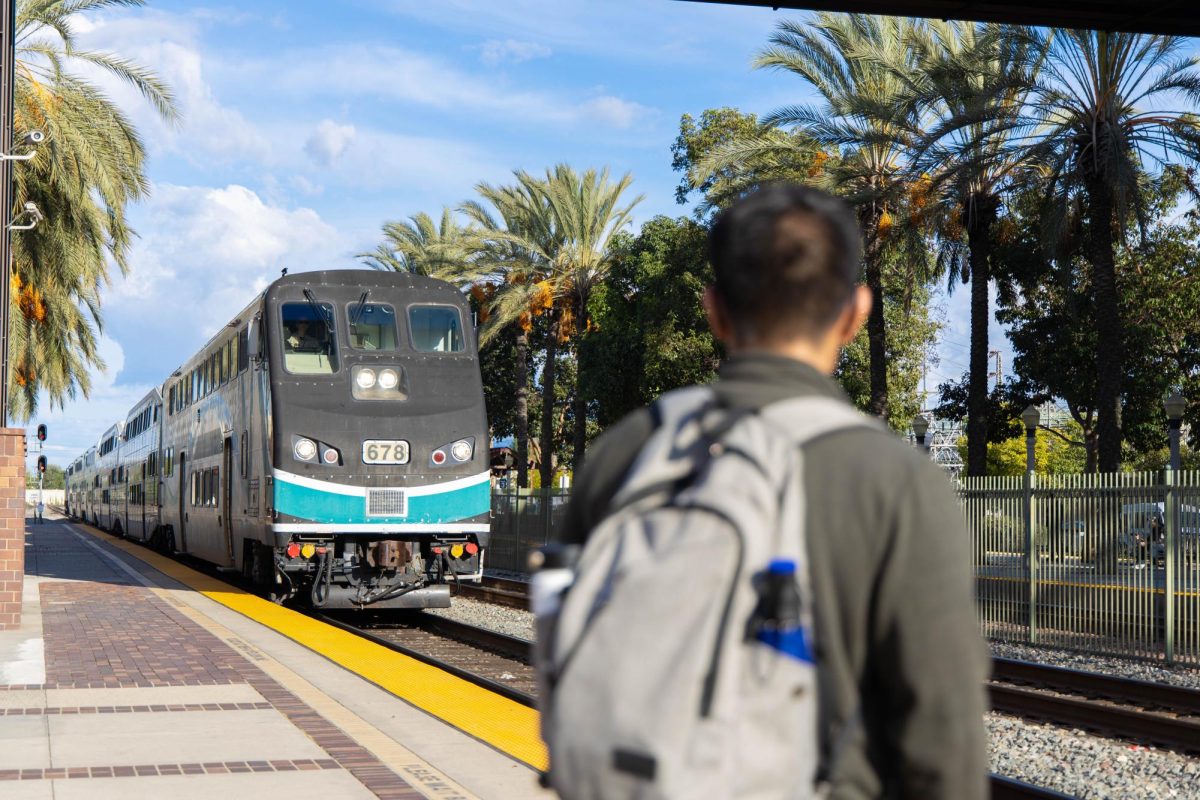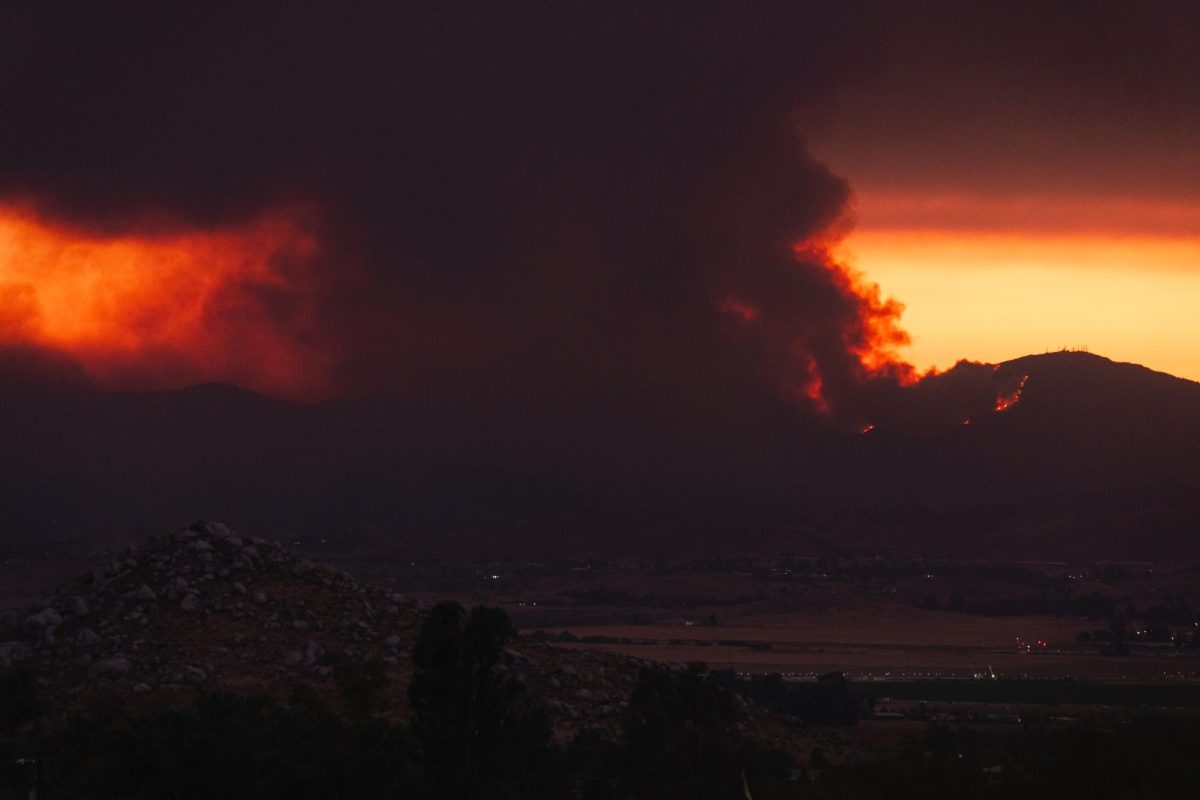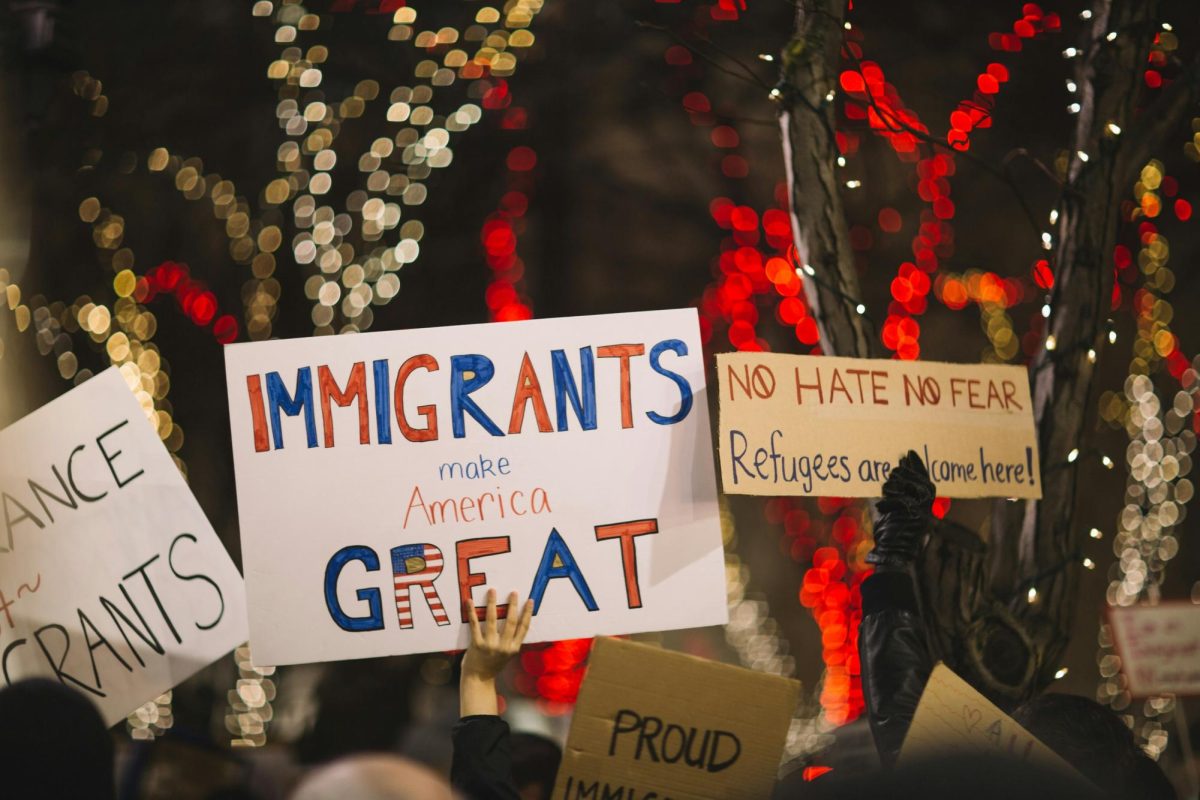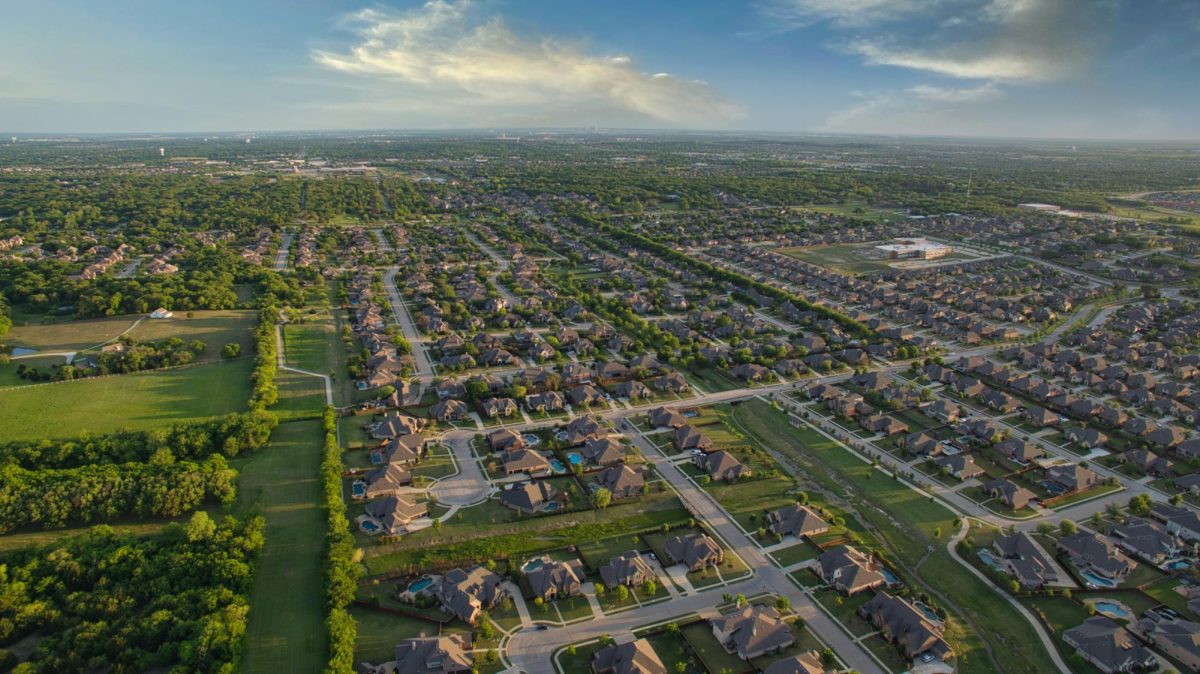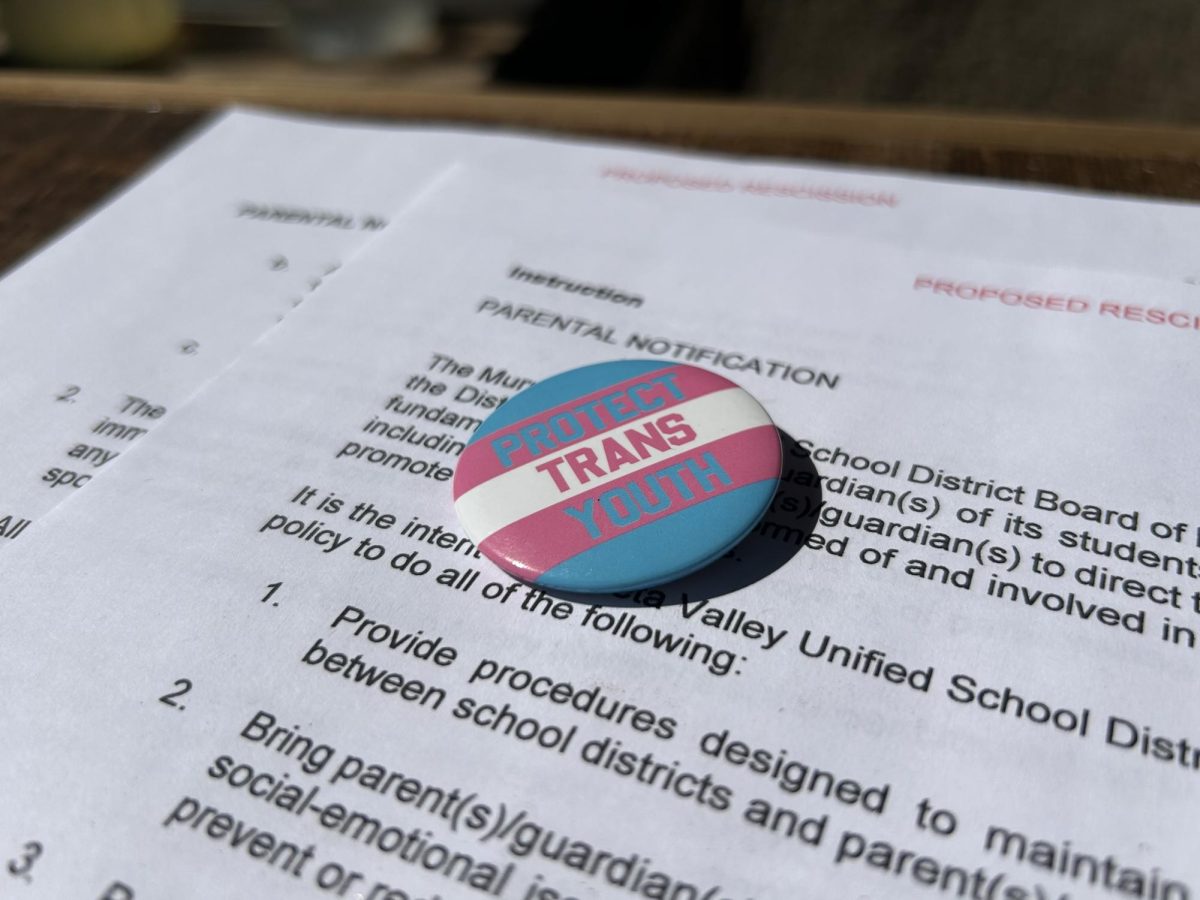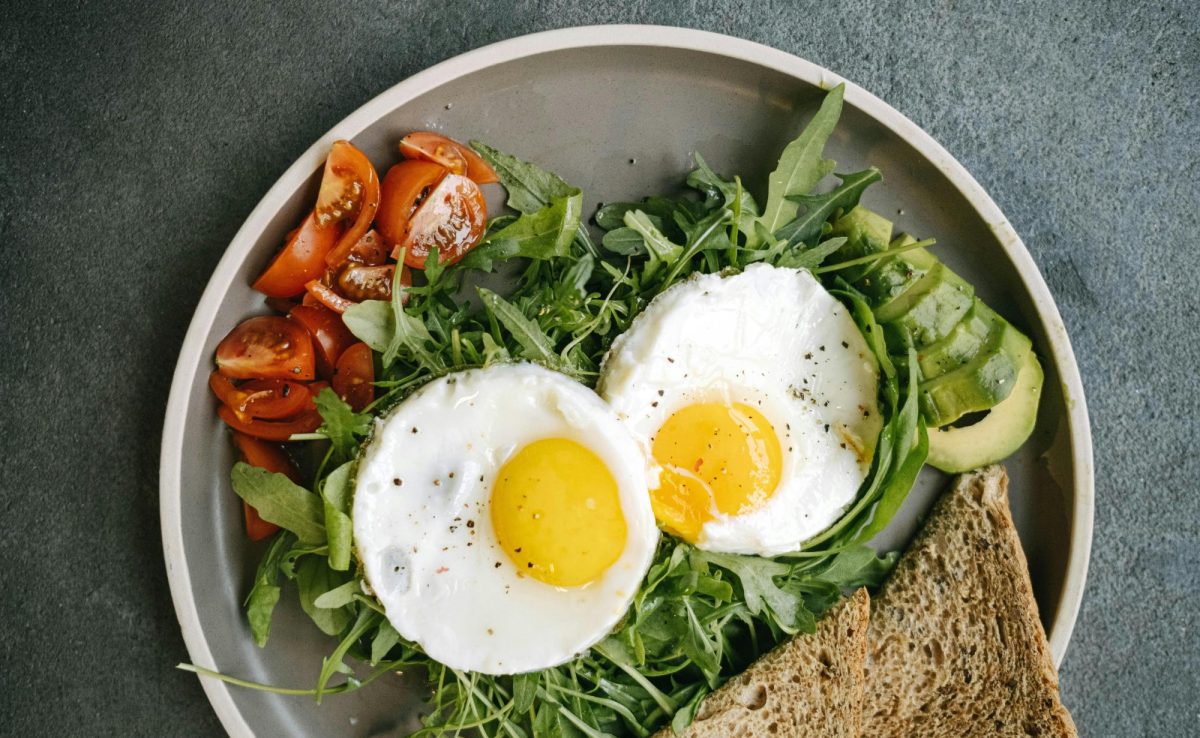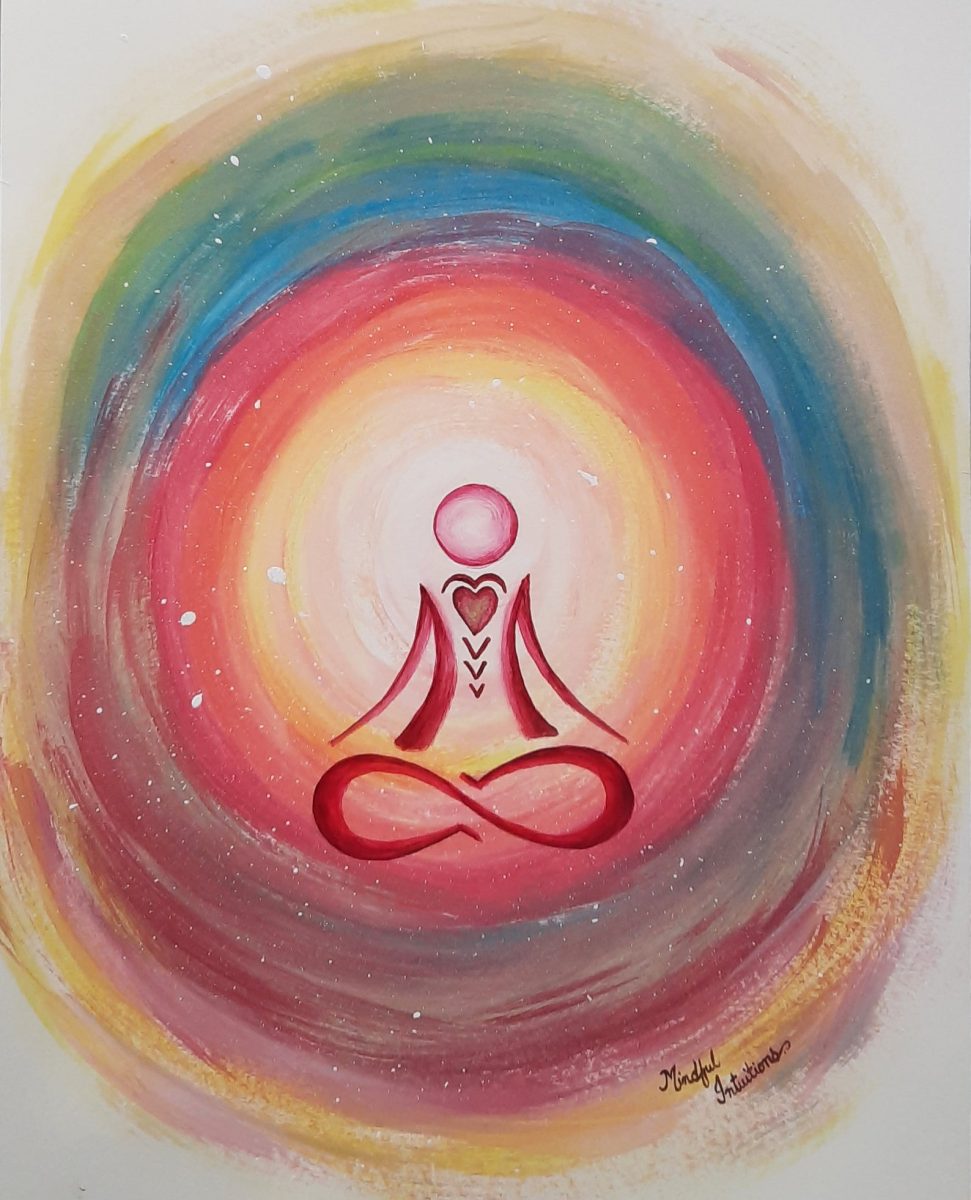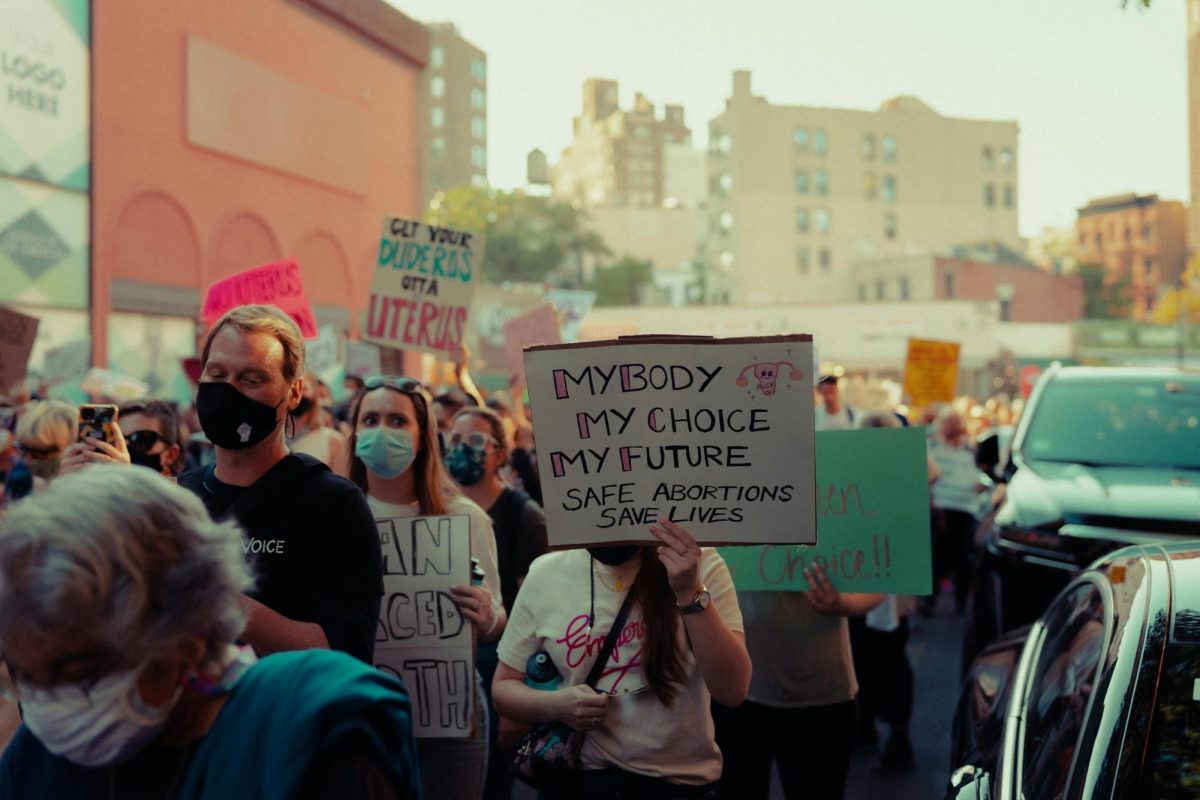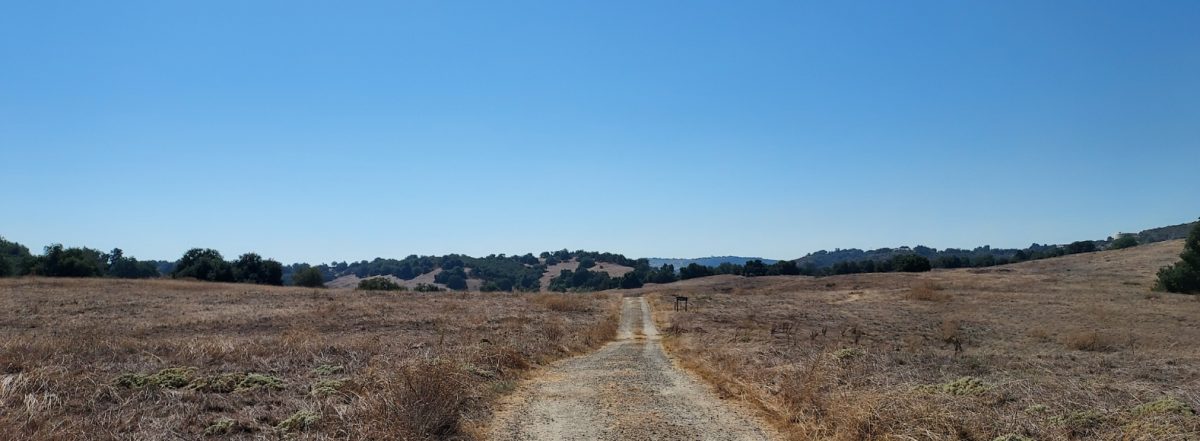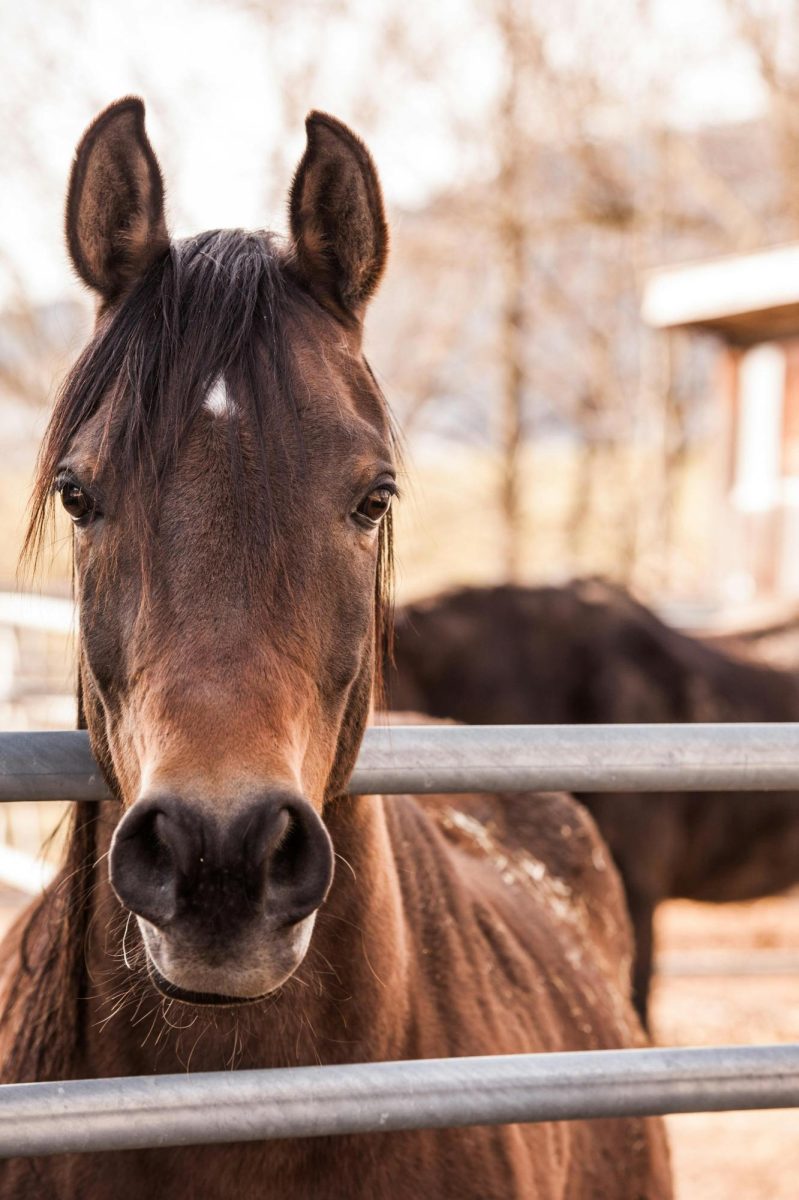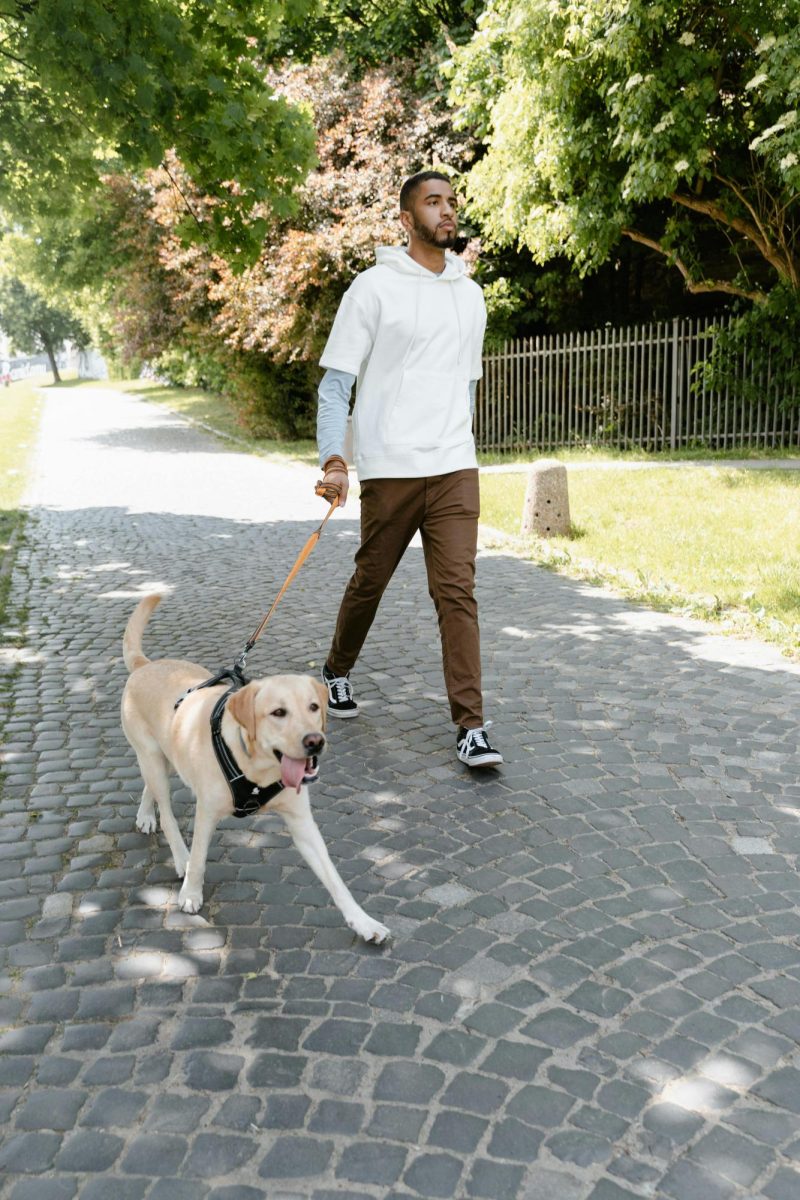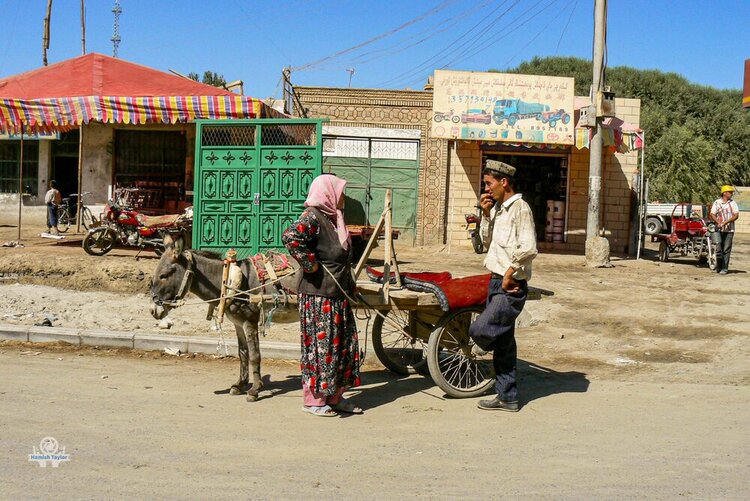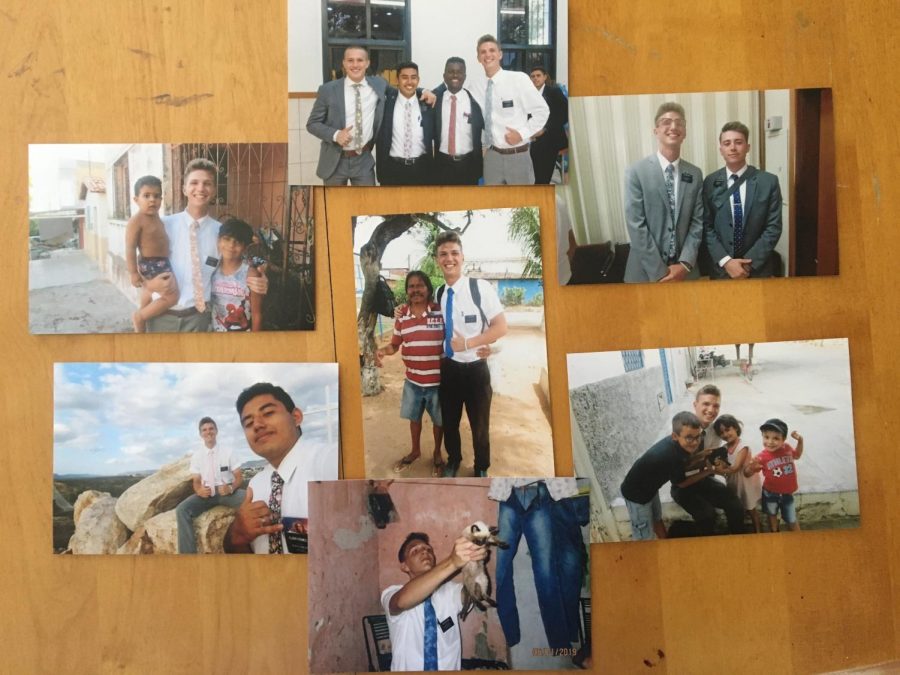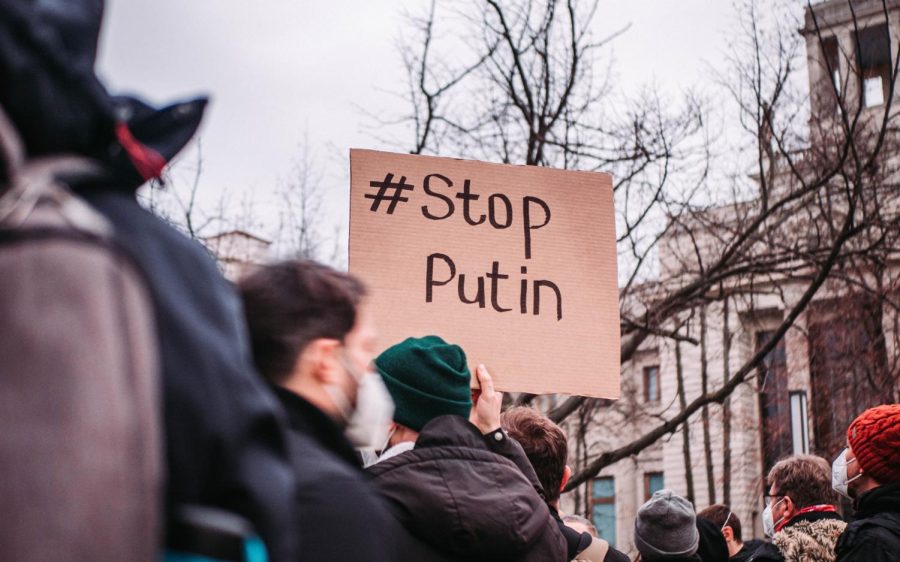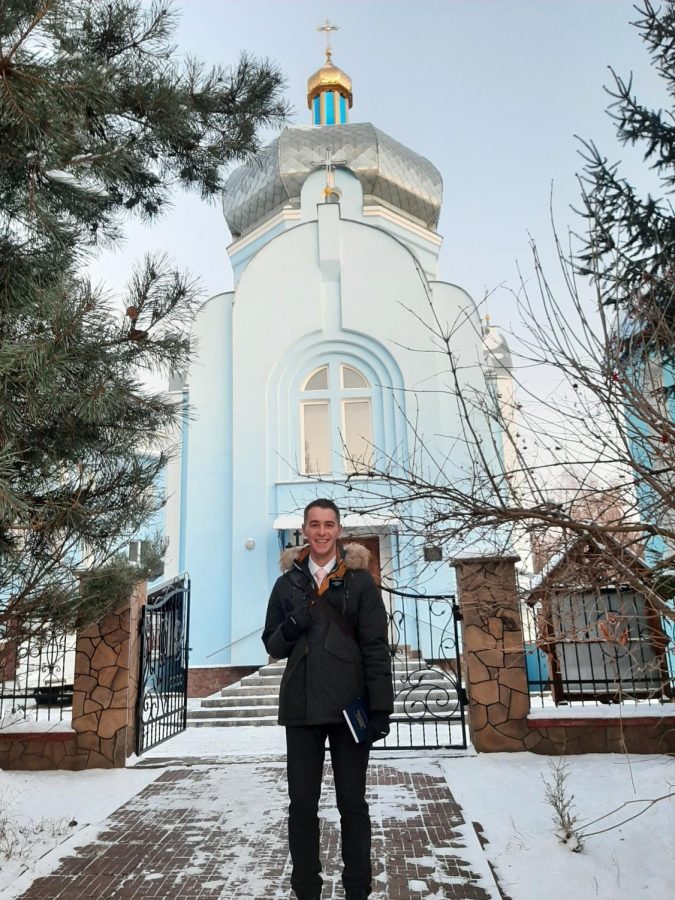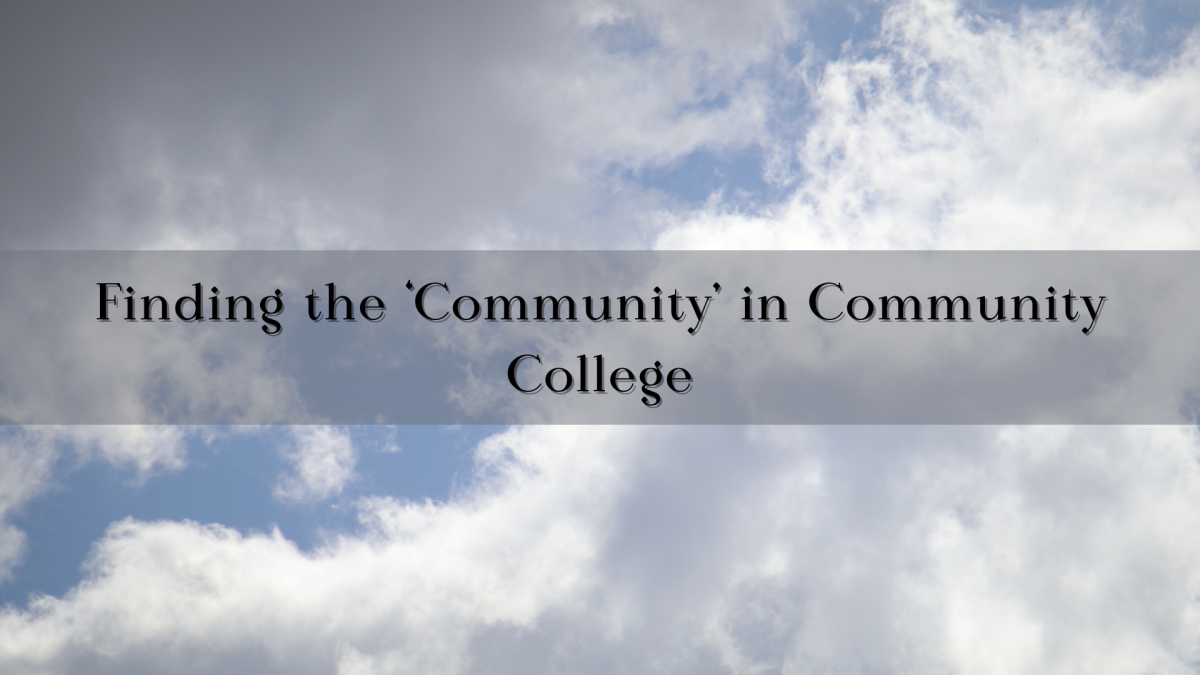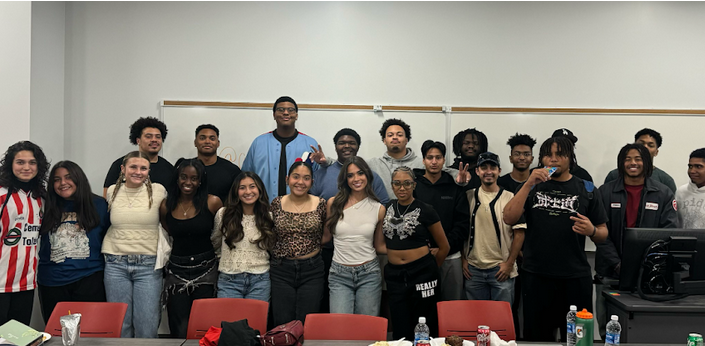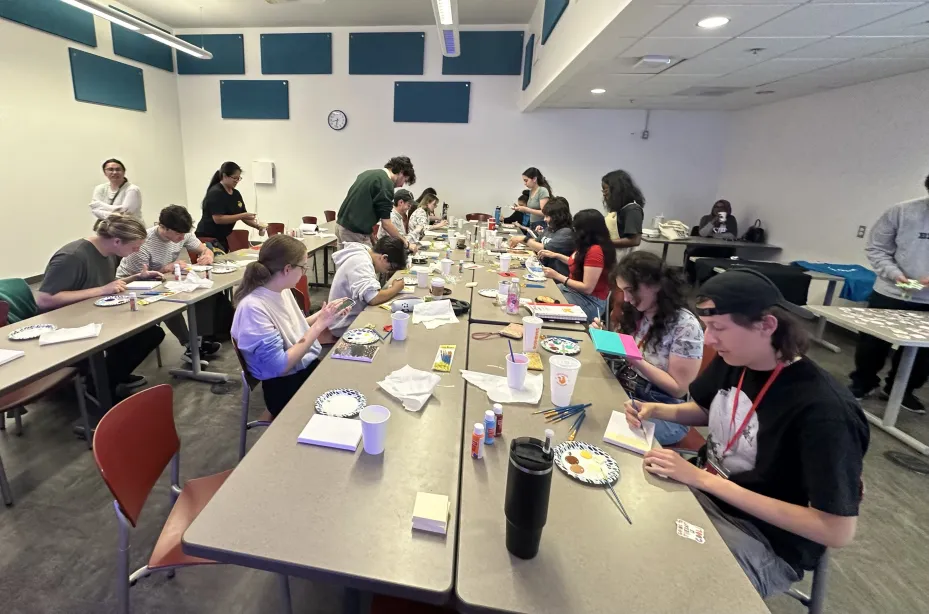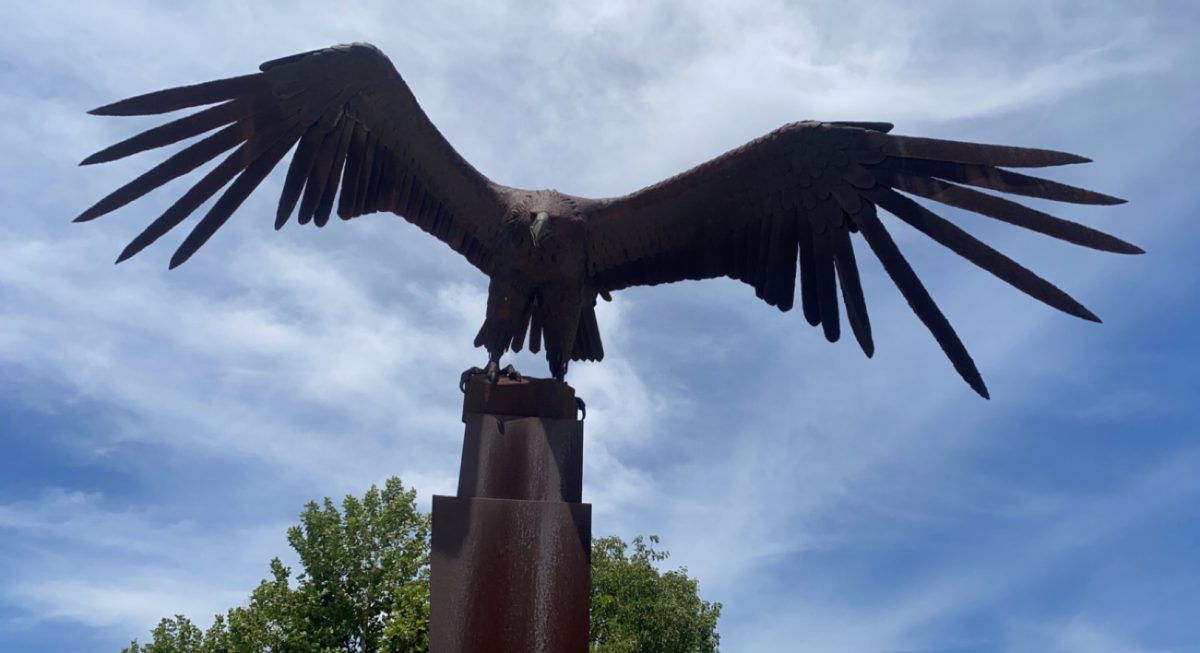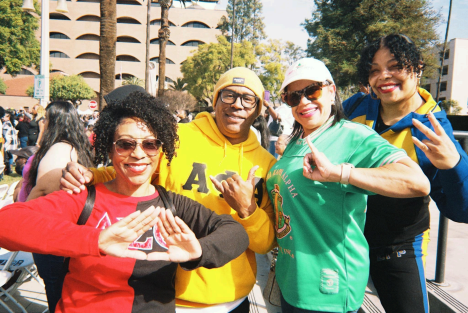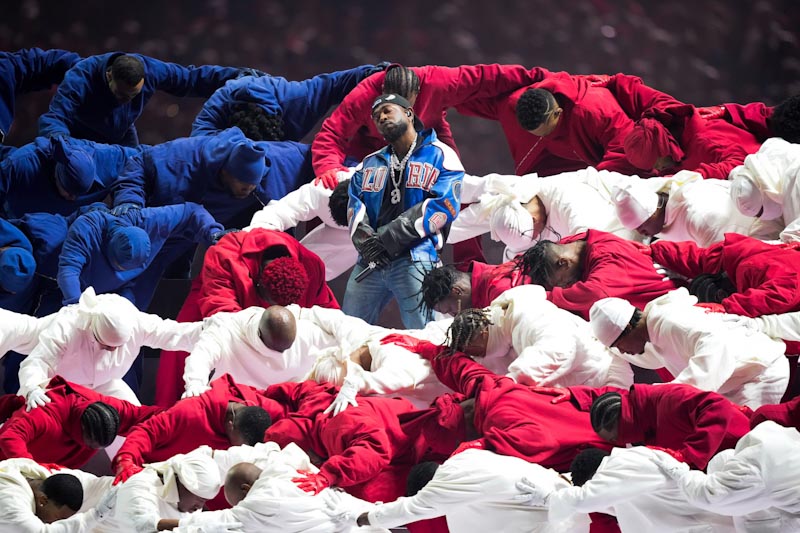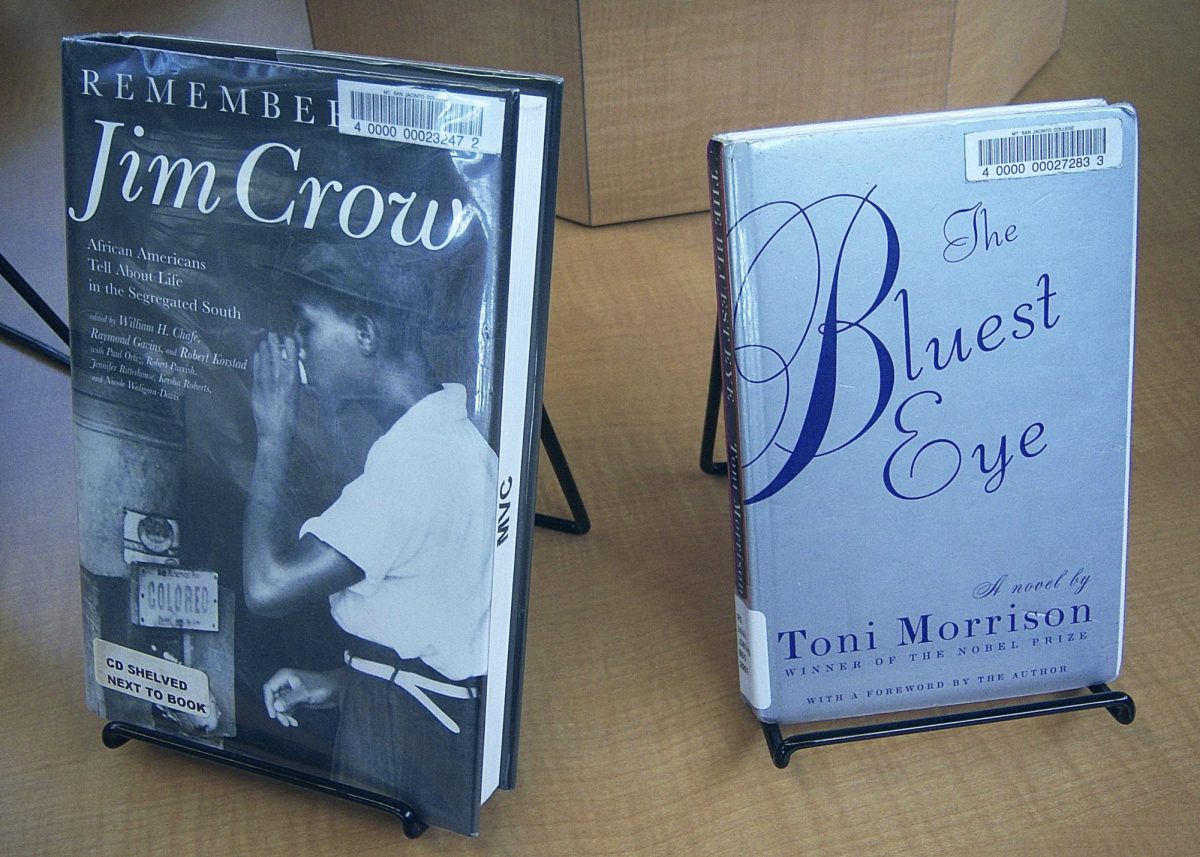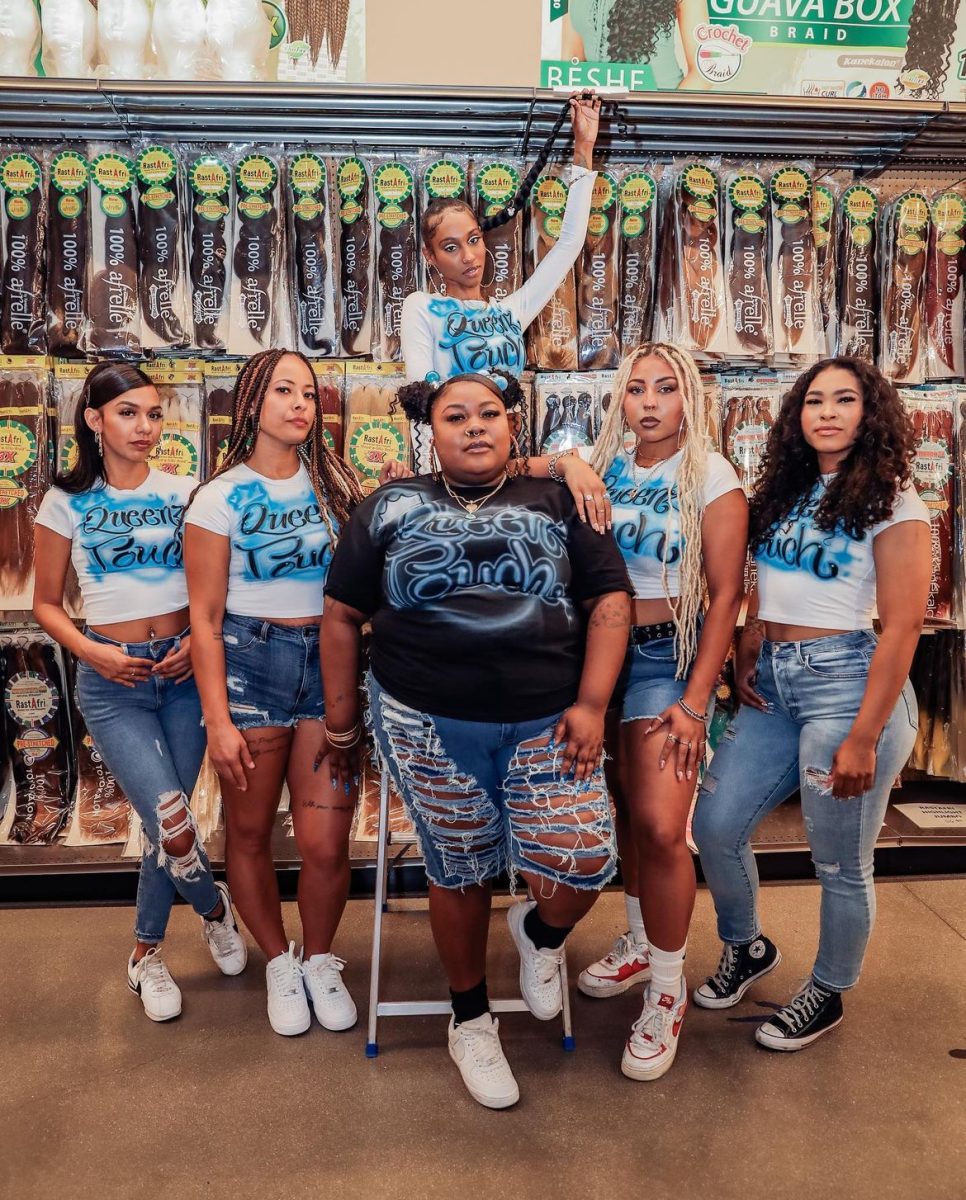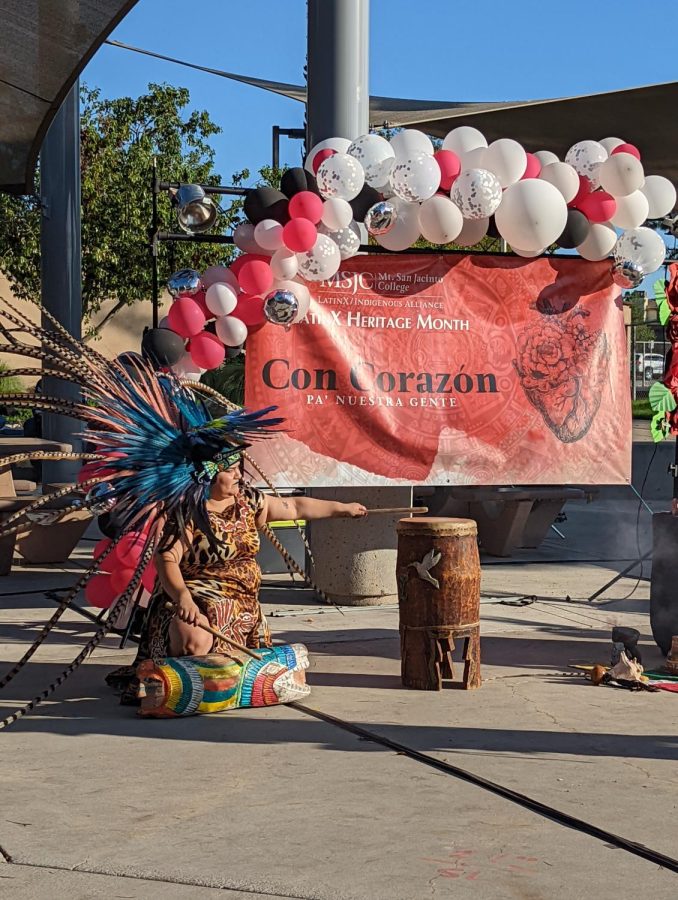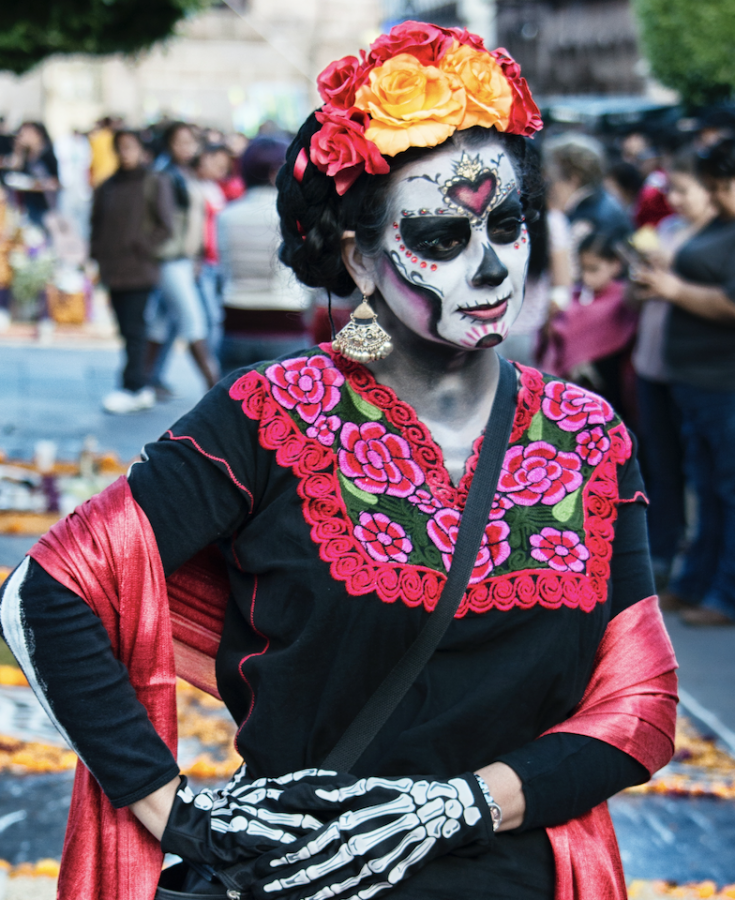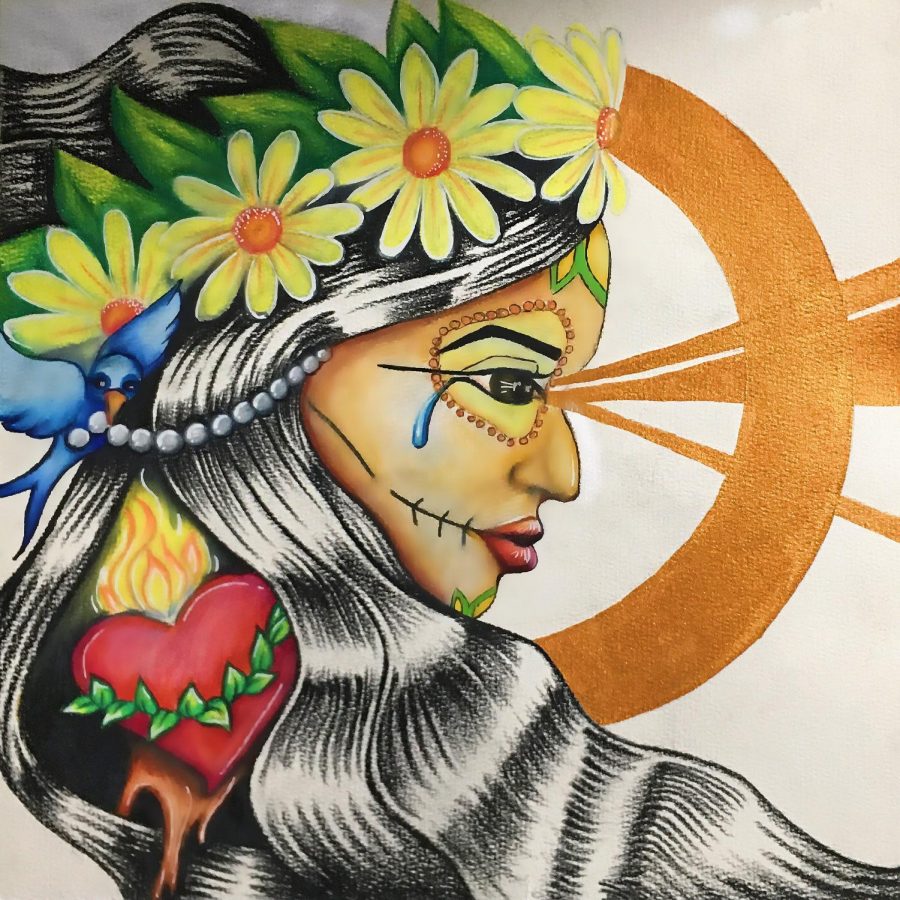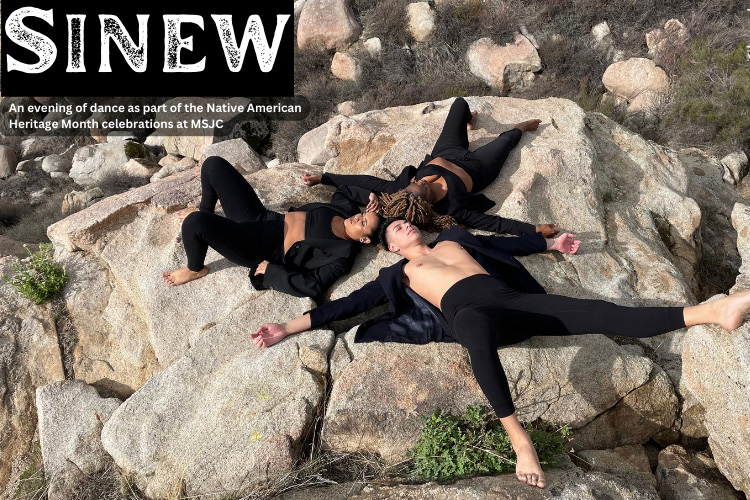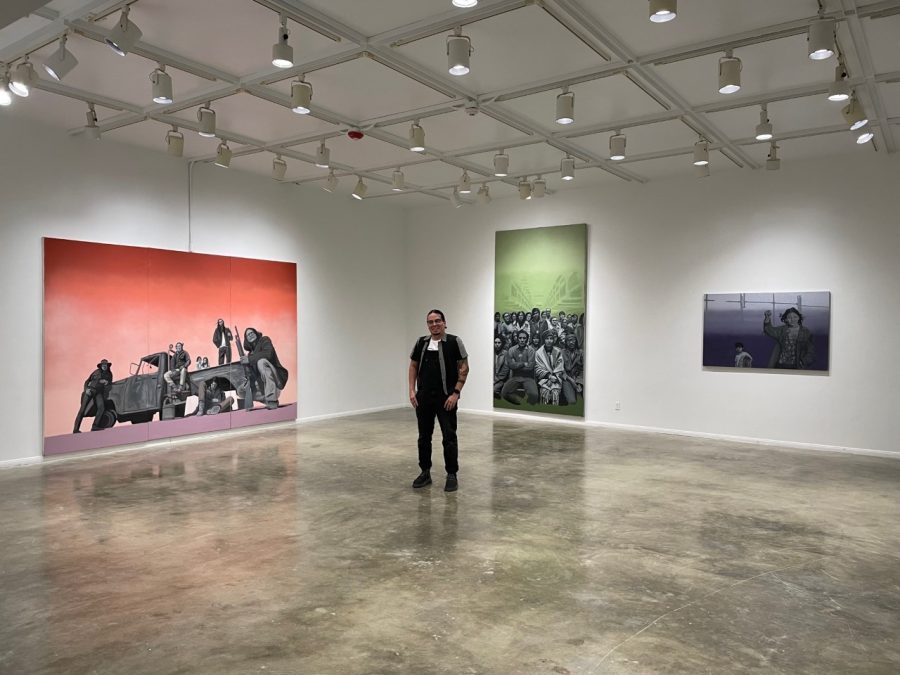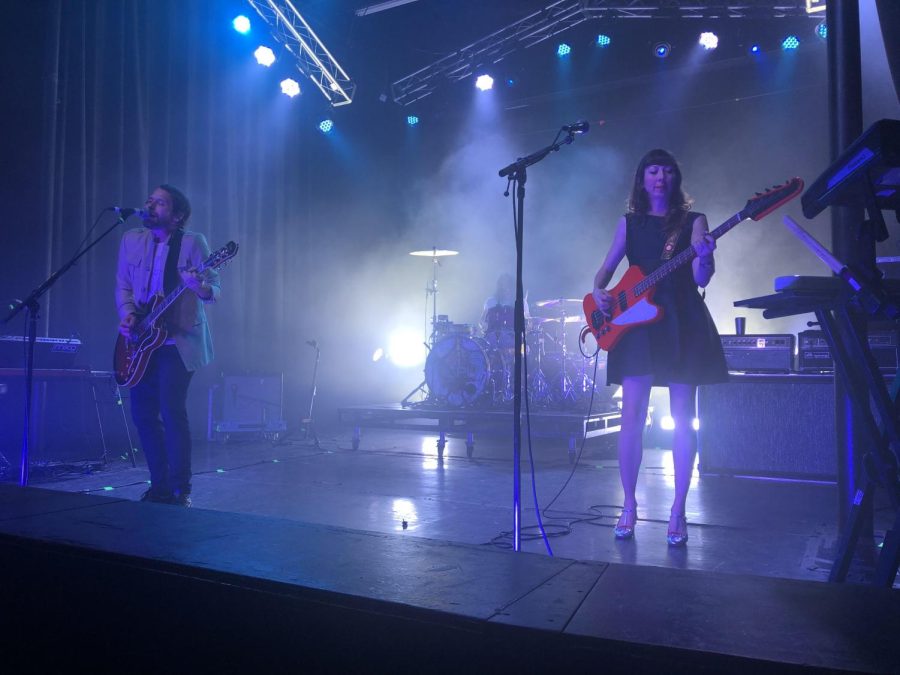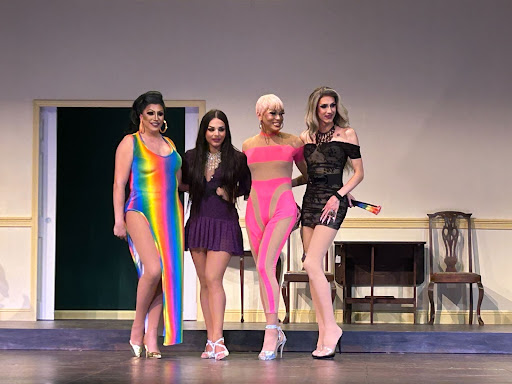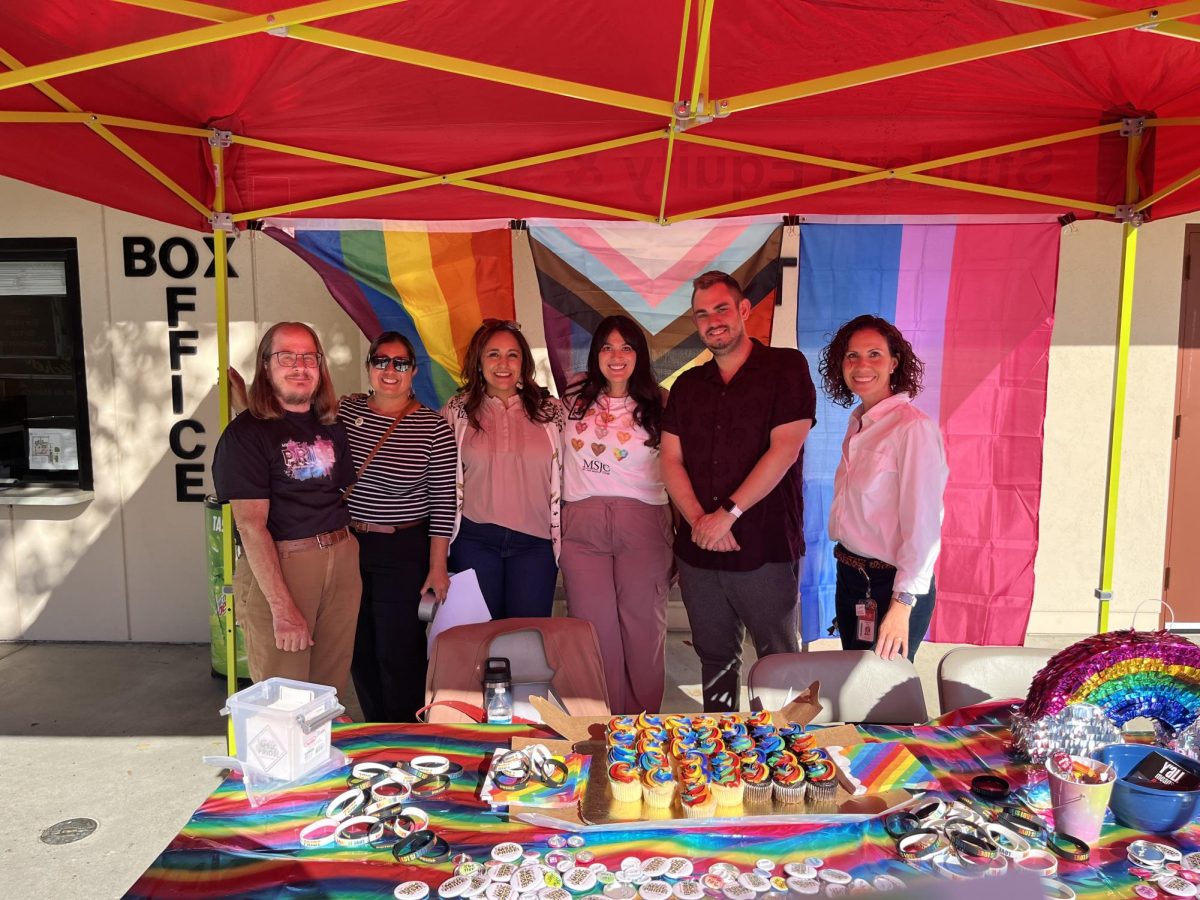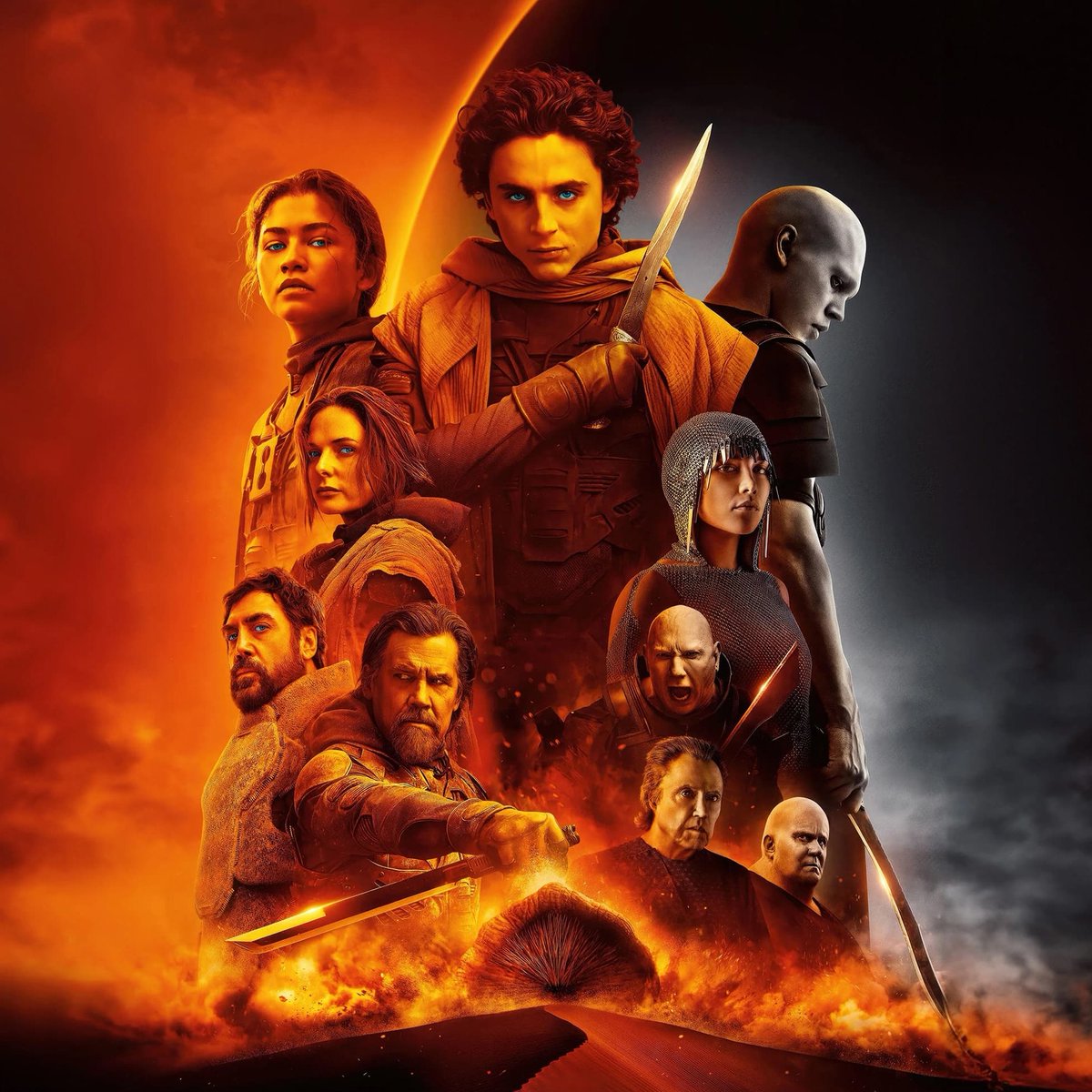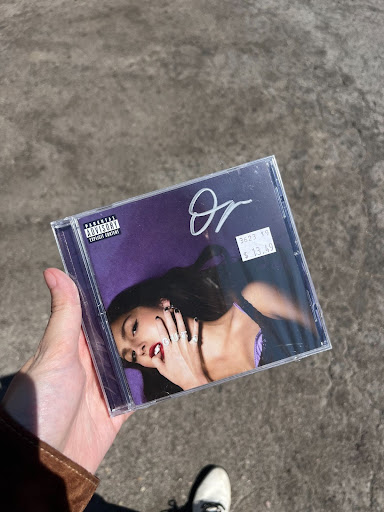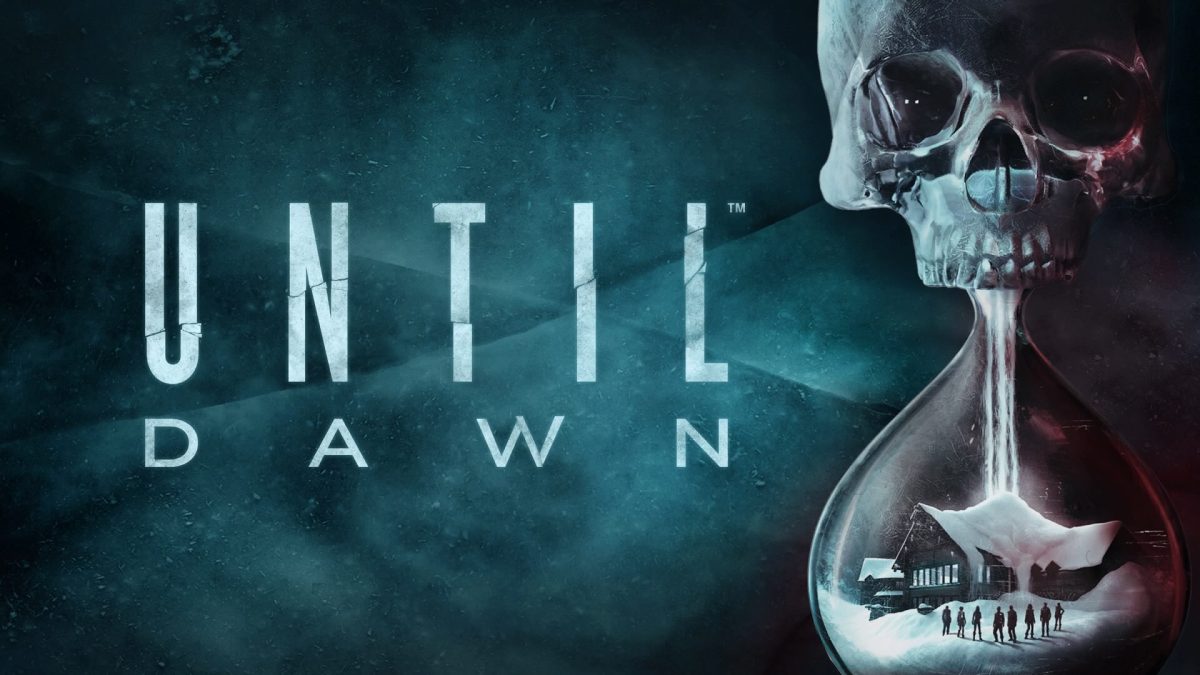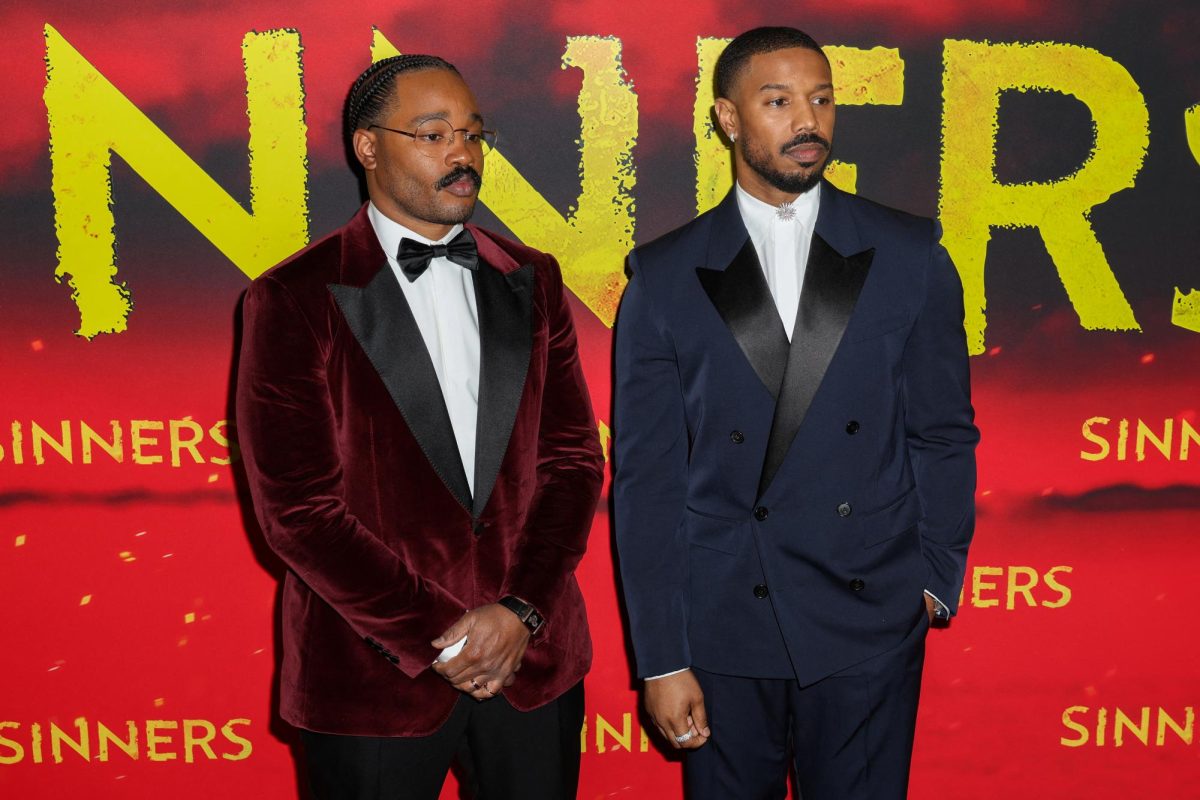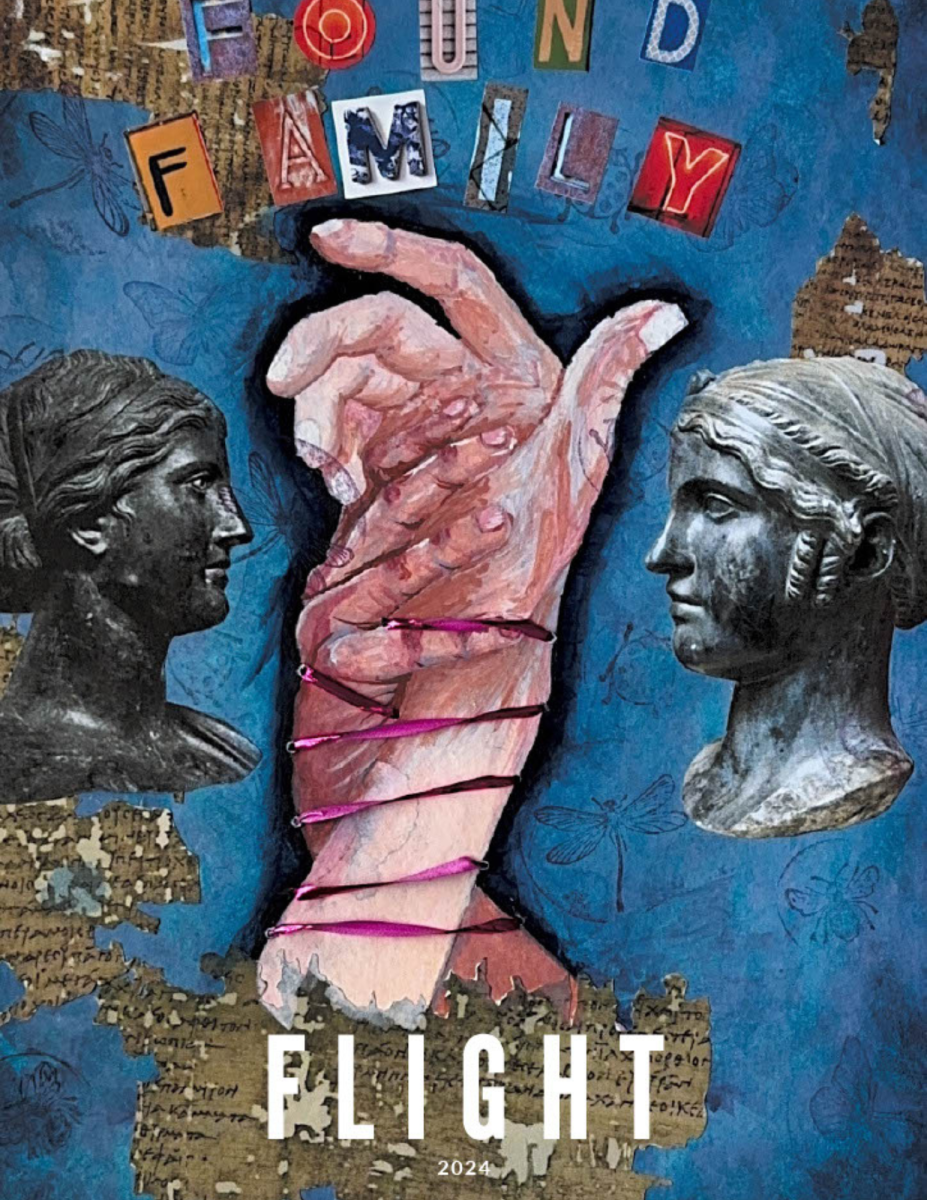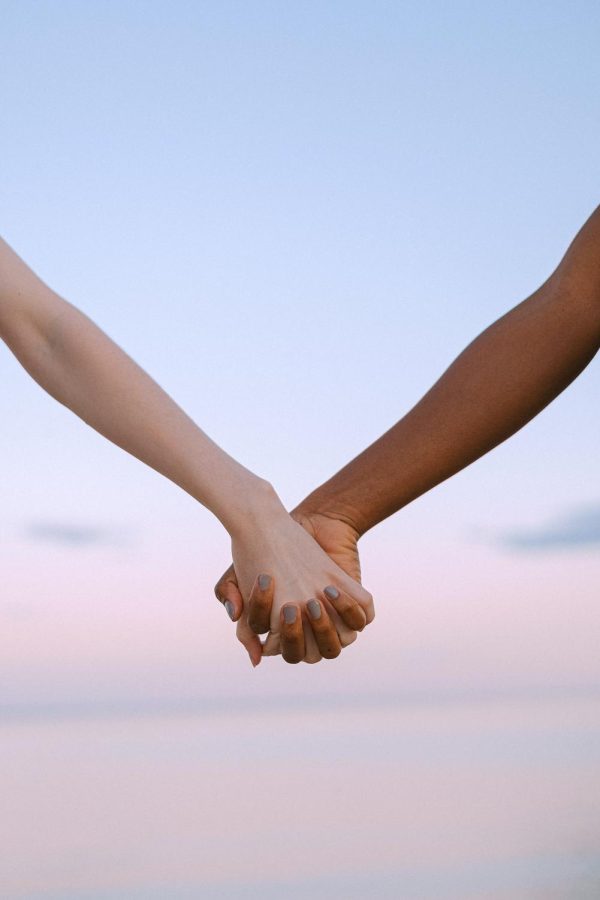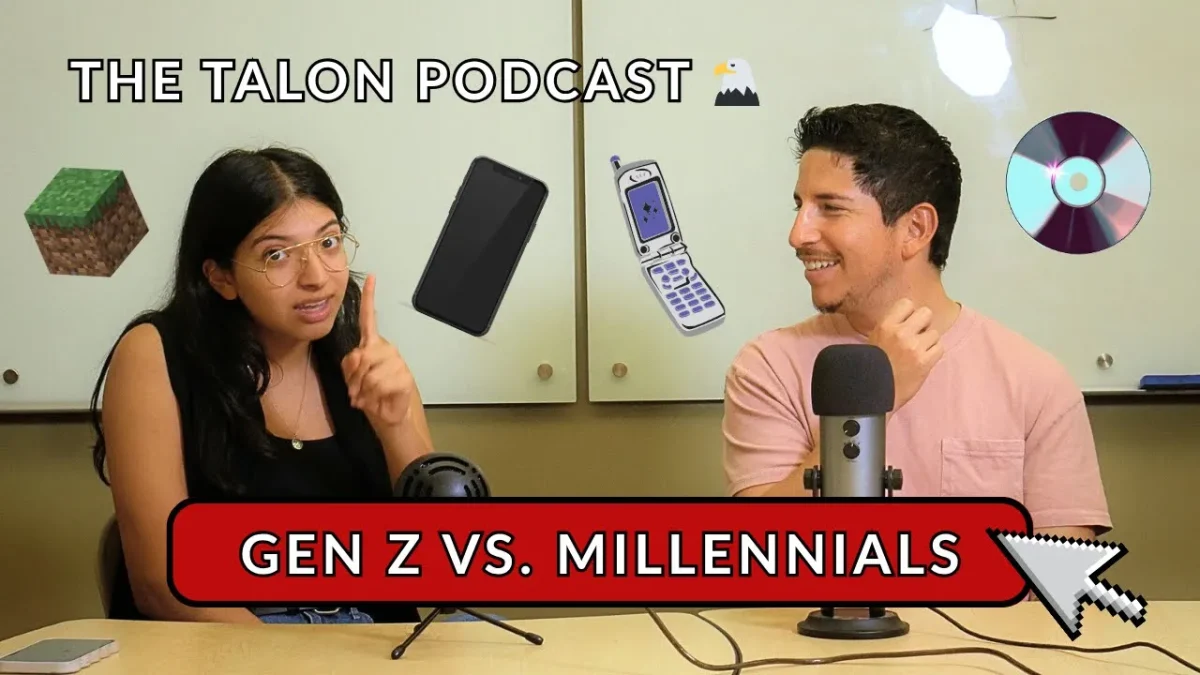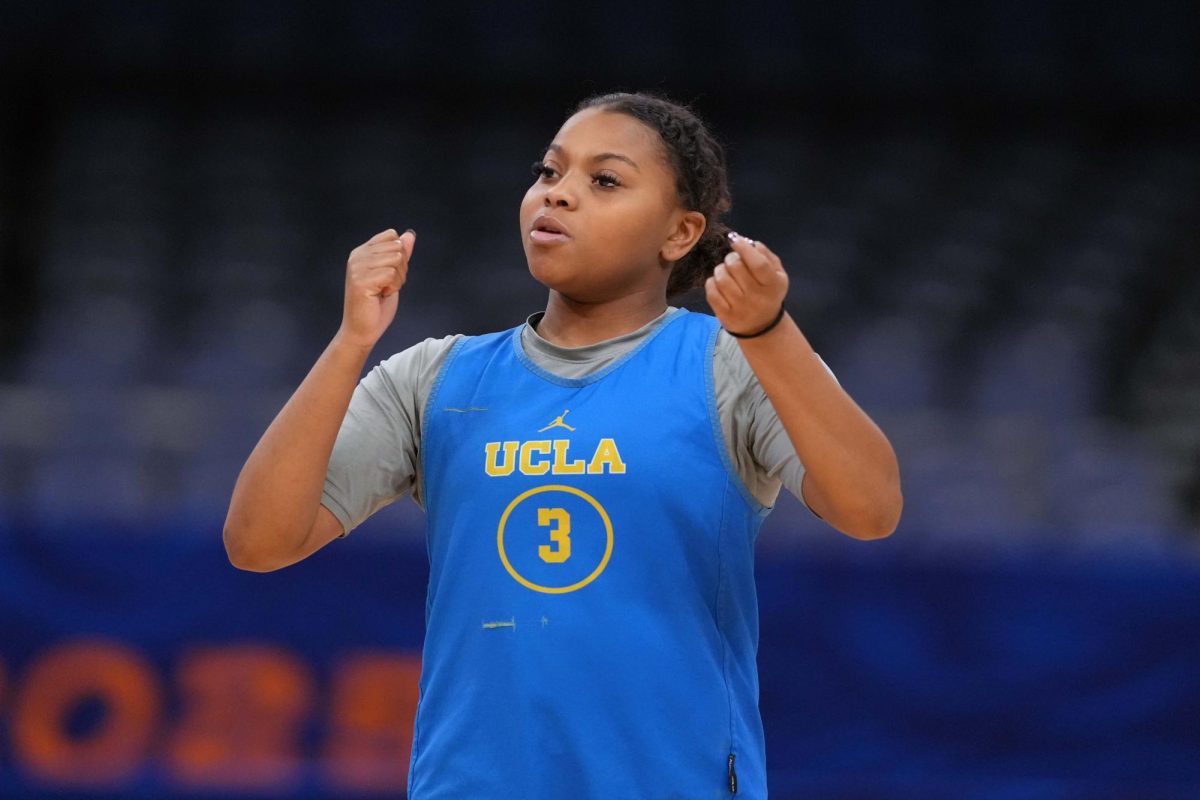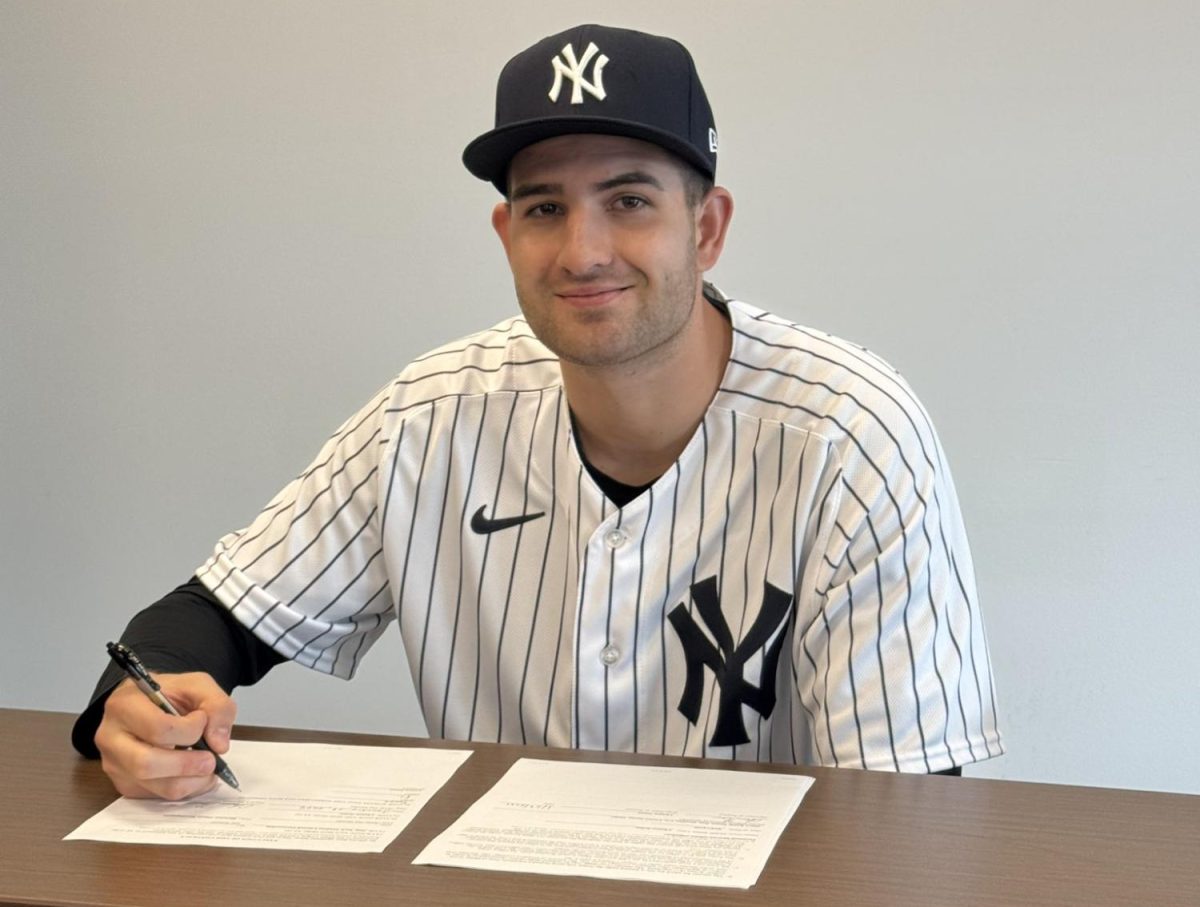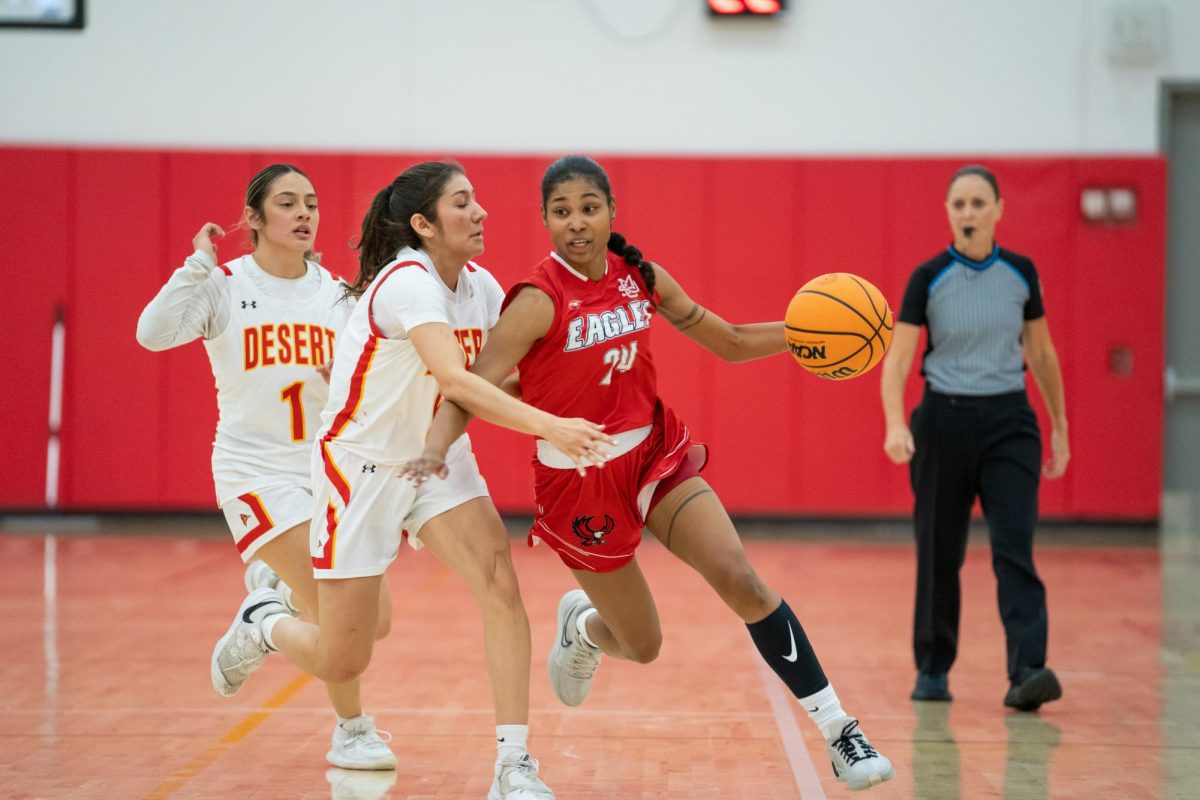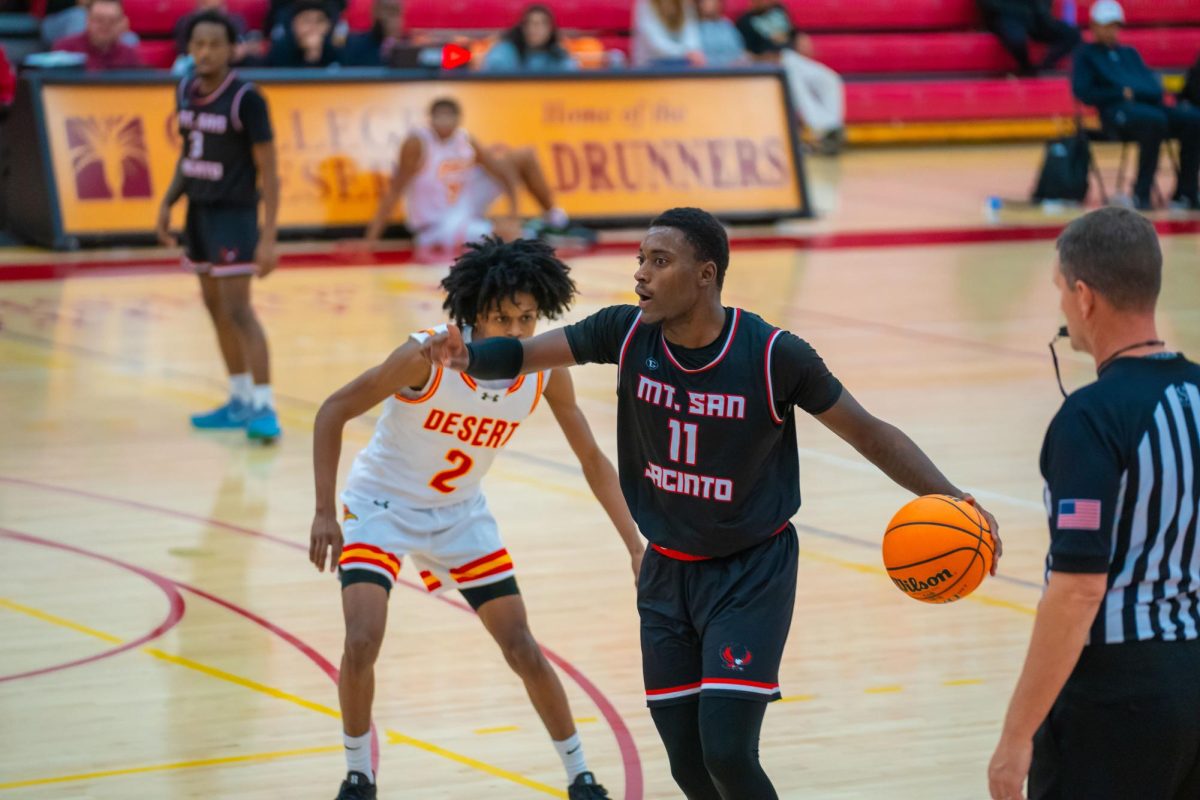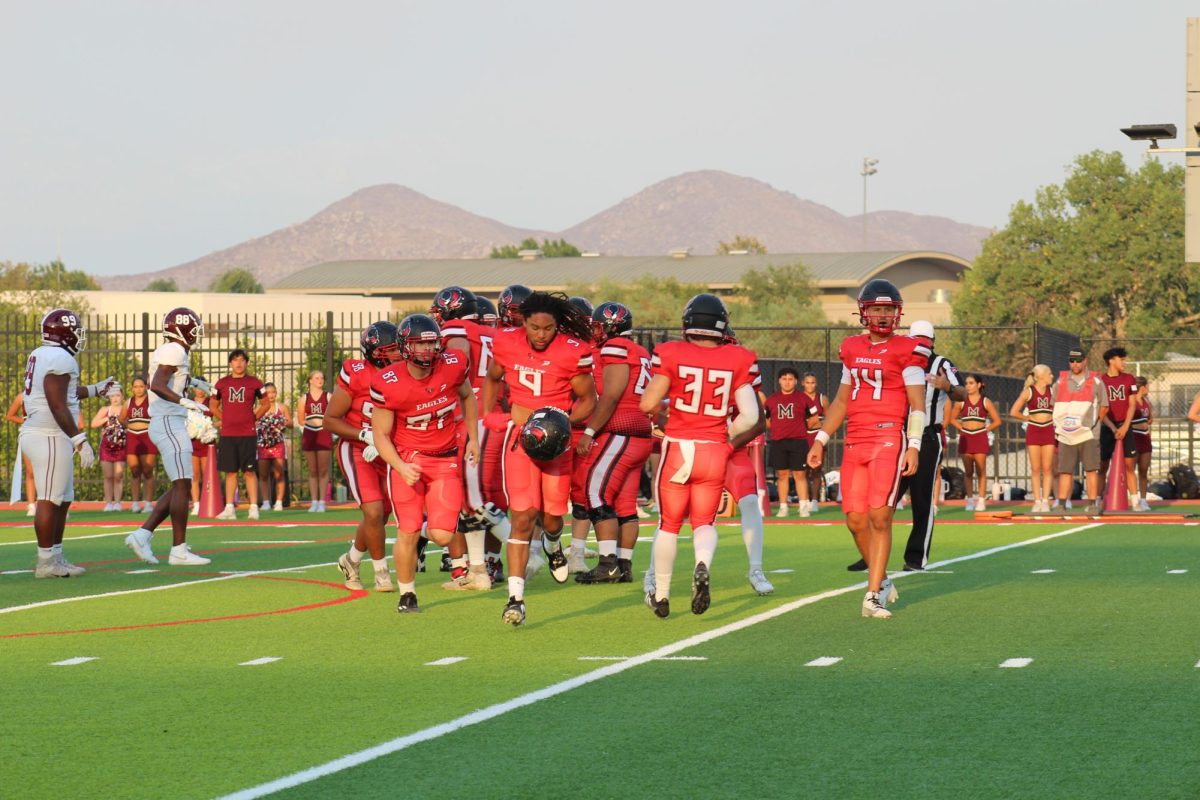By Jesus Alcala Avalos
The 2020 presidential election cycle had 29 Democratic candidates and three Republican candidates.
While the Republican National Committee (RNC) did not hold official debates, the Democratic National Committee (DNC) planned 12 debates for their potential candidates. DNC Chair Tom Perez announced the requirements for the first Democratic Debate.
Candidates could qualify for the first debate if they either attracted more than 1 percent in recognized polls or if they had received money from at least 65,000 unique donors.
Perez stated that the requirements would allow more participation from campaigns that had strong grassroots support. “Grassroots” refers to organizations that are composed of average people rather than the wealthy or influential.

Twenty candidates qualified for the first debate, which occurred on June 26 and 27 of 2019. Half of the candidates spoke on the first night and the other half spoke on the second night.
Candidates mainly reiterated campaign talking points and agreed on most issues.
There were some differences, such as when Elizabeth Warren and Bernie Sanders said they would abolish private health insurance when they implement their public insurance program. Most candidates wanted to expand healthcare coverage while keeping private insurance as an option.
The differences between the more progressive candidates and the more moderate candidates would be a recurring theme for the rest of the debates.
One viral moment was when Beto O’Rourke began speaking Spanish, which prompted other candidates to do the same.
Candidates also criticized each other, such as when Kamala Harris criticized Joe Biden for his past race relations. Biden asserted that he was not wrong to oppose federally backed bussing.
Biden and Tulsi Gabbard responded with criticism of Harris in the second debate. Gabbard talked about Harris’ role as attorney general and prosecutor.
The second debate had the same qualifications as the first debate and had the same candidates present except for Steven Bullock, who replaced Eric Swalwell.
The third and future debates increased the polling and donor requirements, reducing the number of candidates on the debate stage.
The seventh debate, held on Jan. 14, was the last debate before the Iowa Caucus.
Before the seventh debate, CNN published a story in which it claimed that Sanders told Warren a woman couldn’t win the presidency.
During the debate, Moderator Abby Phillip asked Sanders if the story was true. After Sanders denied the story, Phillip then asked Warren what she thought when Sanders told her that a woman couldn’t win the presidency.
Members of the media and Sanders supporters criticized Phillip for the framing of the question.
On Feb. 3, Iowa was the first state to hold its primary election. Iowa is notable for using caucuses.
In a caucus, votes are represented by the physical presence of the voter standing in their preferred candidate’s section. Most states use paper ballots to count votes.
Pete Buttigieg won 14 delegates, making him the frontrunner. Sanders came in second with 12 delegates.
The RNC and the DNC use a primary election system in which states are divided into counties. Each county is represented by a delegate who will vote for the candidate that wins their county’s popular vote. The candidate with the most delegates for each party is then the party’s official candidate for the November general election.
After Iowa held its caucus, the DNC changed the debate requirements to also allow candidates to be on the debate stage if they had won at least one delegate.
For the ninth debate, The DNC removed the donor requirement to allow Michael Bloomberg to participate. As reported in The Hill, Bloomberg managed to obtain 11 percent in national polls without ever having to debate.
Bloomberg announced his campaign in November 2019 but never qualified for a debate, as he did not accept donations.
Candidates like Warren criticized the rule change on Twitter, pointing out that the DNC refused to change the rules before.
The candidates focused on criticizing Bloomberg during the ninth debate. They criticized Bloomberg’s stop-and-frisk policy and use of non-disclosure agreements against women who brought forth claims of sexual misconduct.
South Carolina was the last state to hold a primary election before Super Tuesday. After the primary in South Carolina, Sanders led with 60 delegates and Biden was in second place with 54 delegates.
Super Tuesday is the day in which the greatest number of delegates are awarded. Before Super Tuesday, less than 200 delegates had been awarded. On Super Tuesday, 1,344 delegates were awarded.
Just before Super Tuesday, Amy Klobuchar and Buttigieg suspended their campaigns and endorsed Biden for the presidency. As Klobuchar and Buttigieg were more moderate, their presence threatened to split the moderate vote and grant Sanders a larger share of the delegates.
The states that Sanders and Warren represent in the U.S. Senate were a part of Super Tuesday.
Sanders is the senator for Vermont. In 2016, Sanders won all 16 delegates from Vermont. In 2020, Sanders won 11 delegates from Vermont while Biden won the other 5.
Warren is the senator for Massachusetts. Warren won 25 delegates while Biden won 37 and Sanders won 29.
At the end of Super Tuesday, Biden had won 648 delegates, Sanders 558 delegates, Warren 73 delegates, Bloomberg 55 delegates, and Gabbard 2 delegates.
Warren and Bloomberg suspended their campaigns after Super Tuesday, whittling the candidates to Biden, Sanders, and Gabbard.
Gabbard won two delegates from American Samoa, which qualified her for the next debate. However, the DNC changed the rules to require that candidates needed at least 374 delegates. This meant that the 11th debate would be between Bernie and Biden.
That debate, held on March 15, was notable for not having an audience, due to concerns over COVID-19.
Sanders suspended his campaign on April 8. By that time, Sanders amassed 933 delegates while Biden had 1,282 delegates. Sanders then endorsed Biden on April 14.
As of April, Donald Trump has won every delegate except for one and is the official candidate for the Republican Party. Bill Weld had the only delegate not won by Trump.
Presidential debates are scheduled for Sept. 29, Oct. 15, and Oct. 22.
The national general election will be held on Nov. 3.

